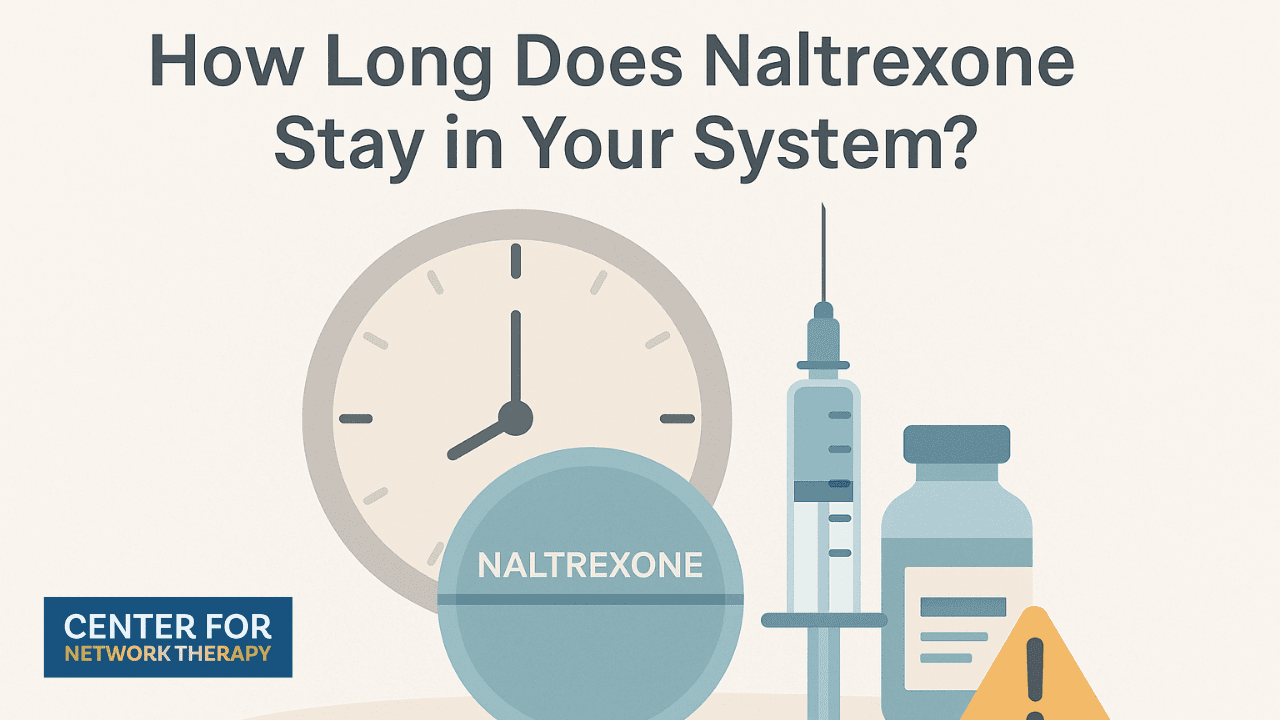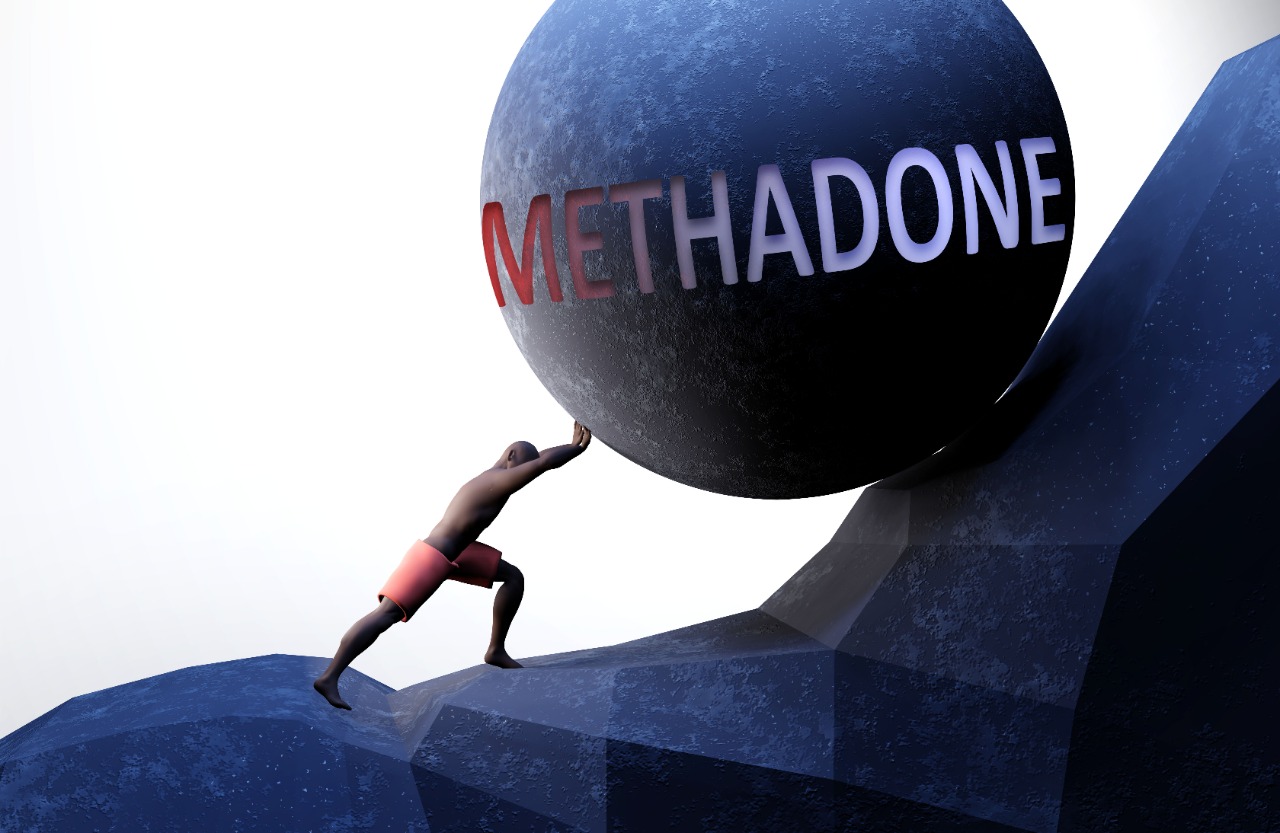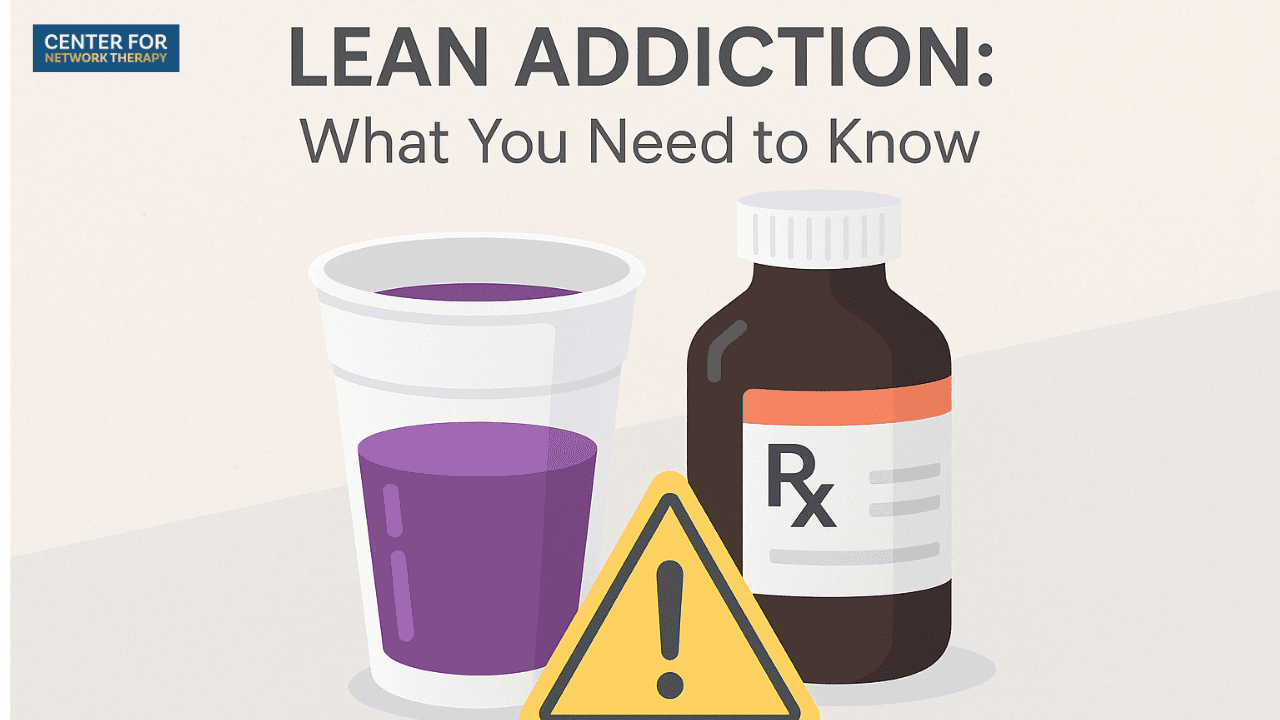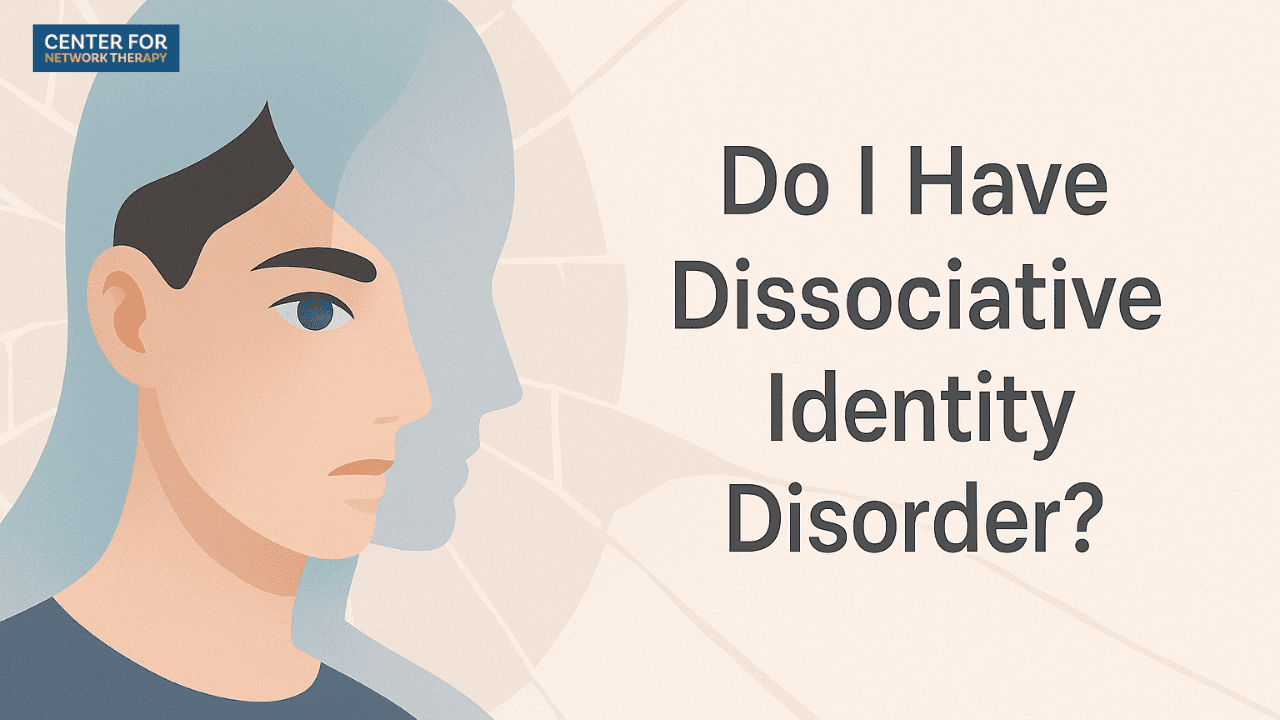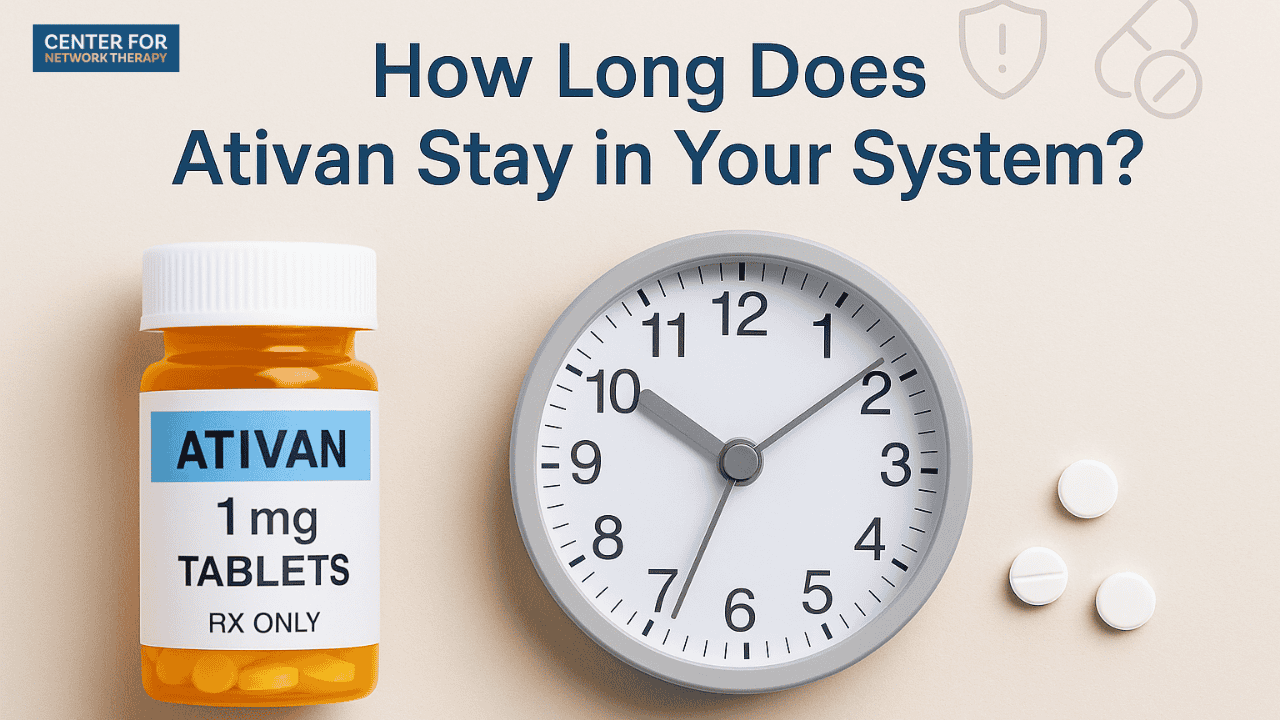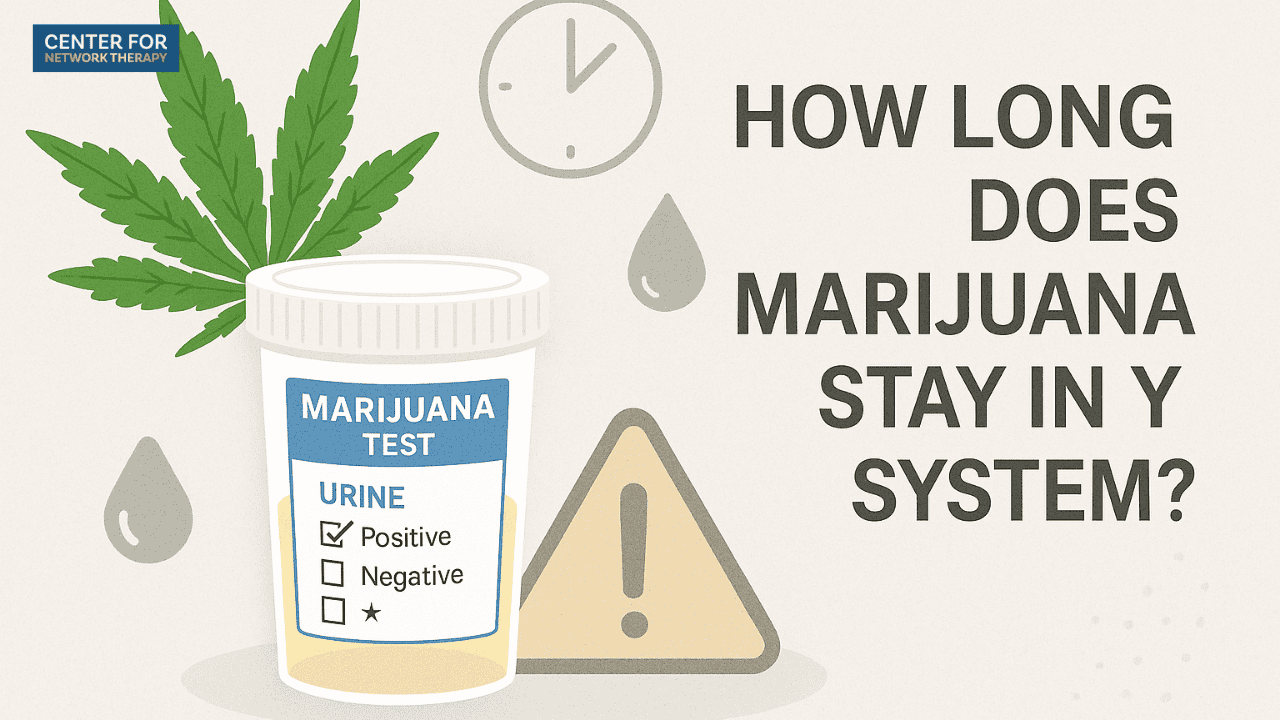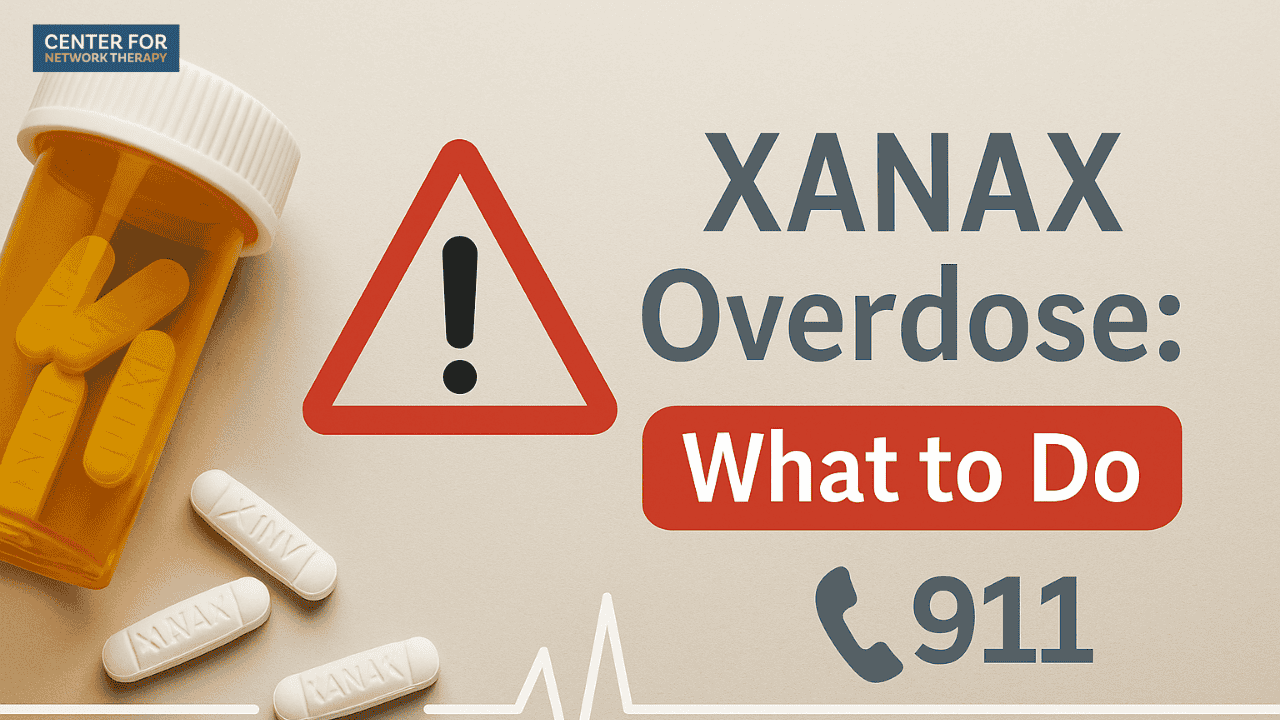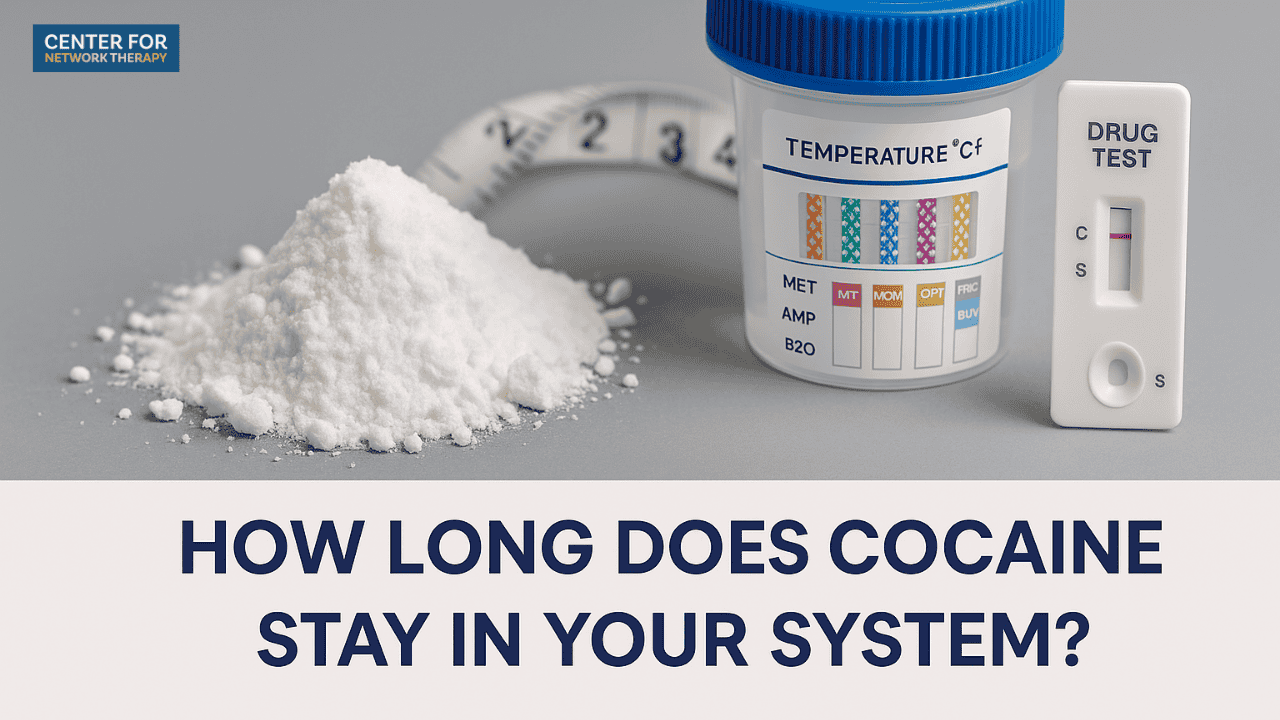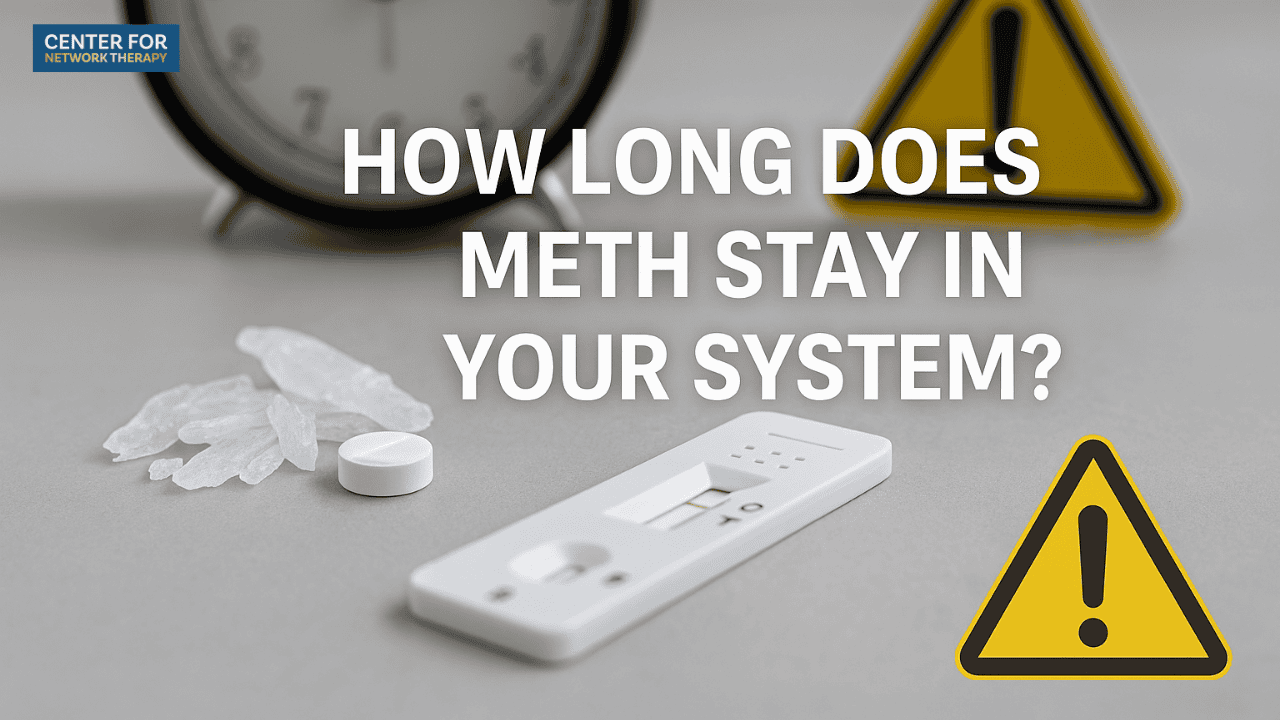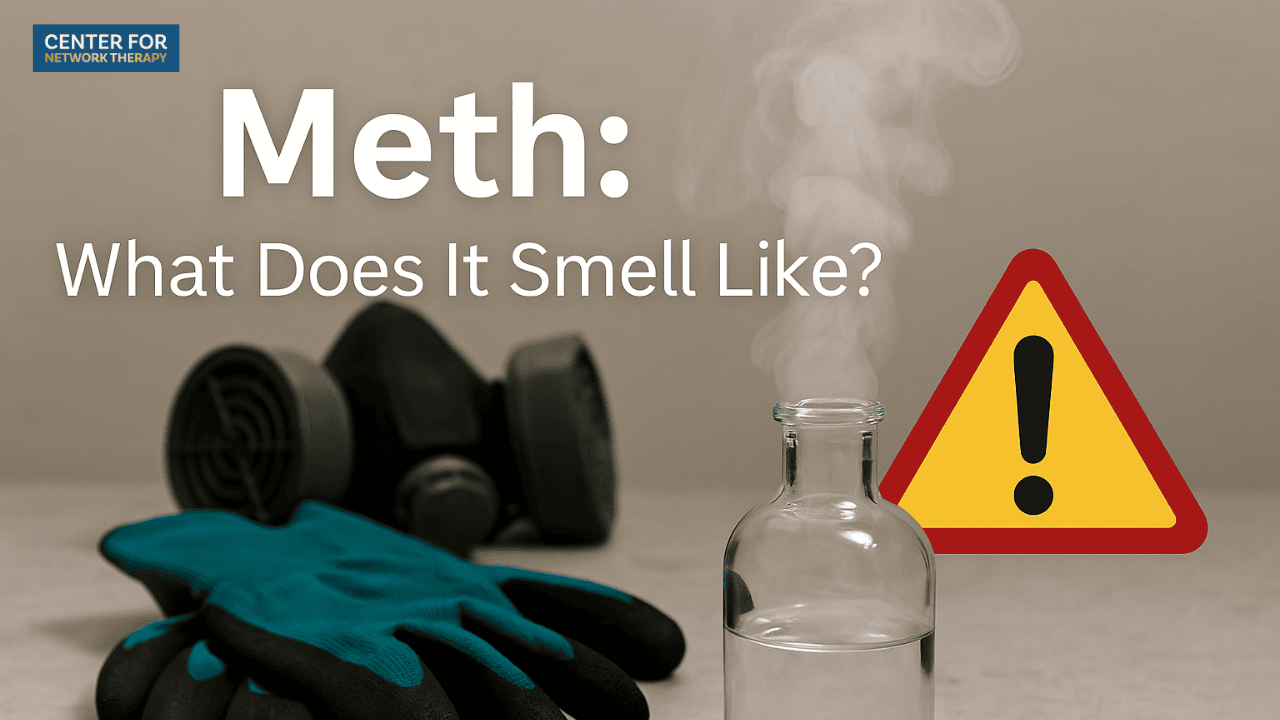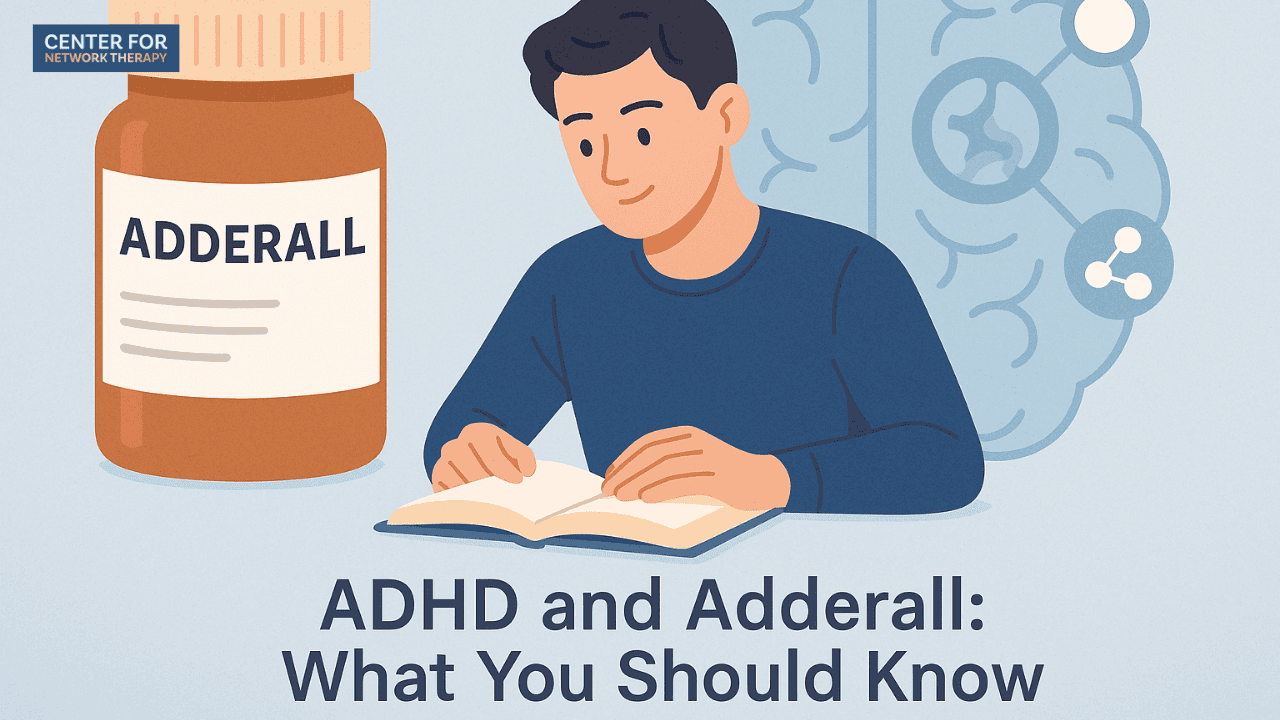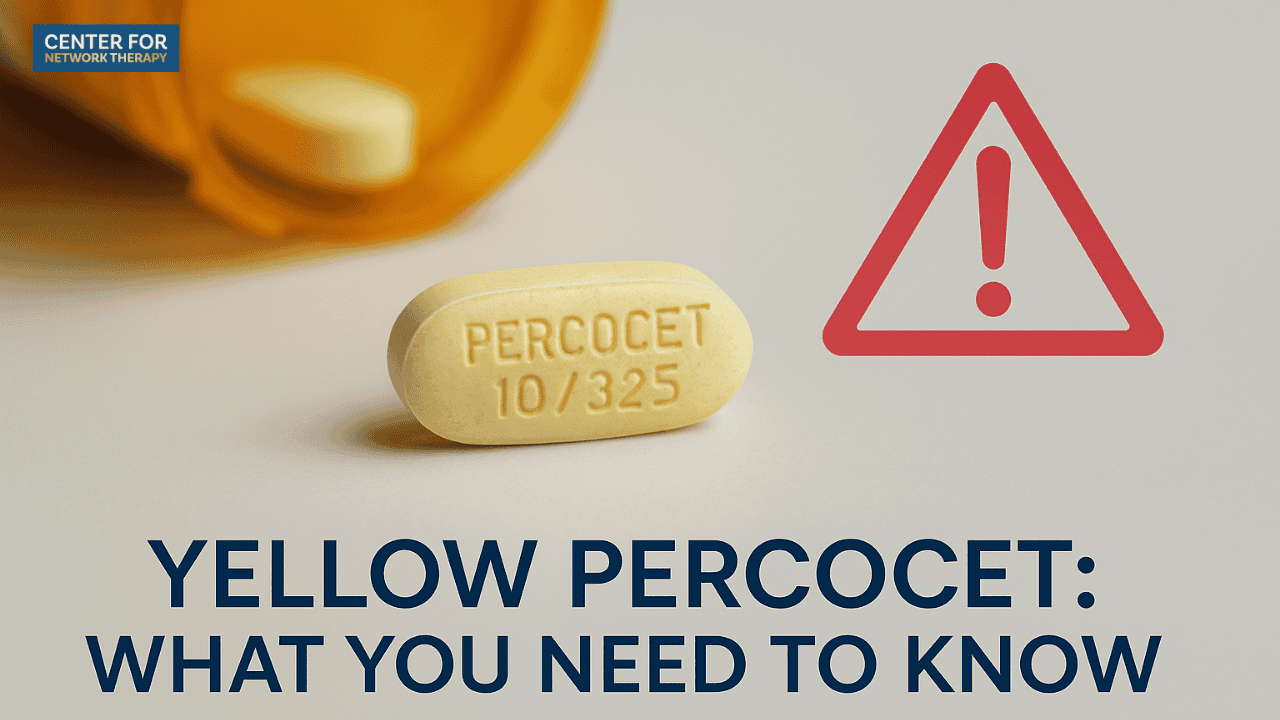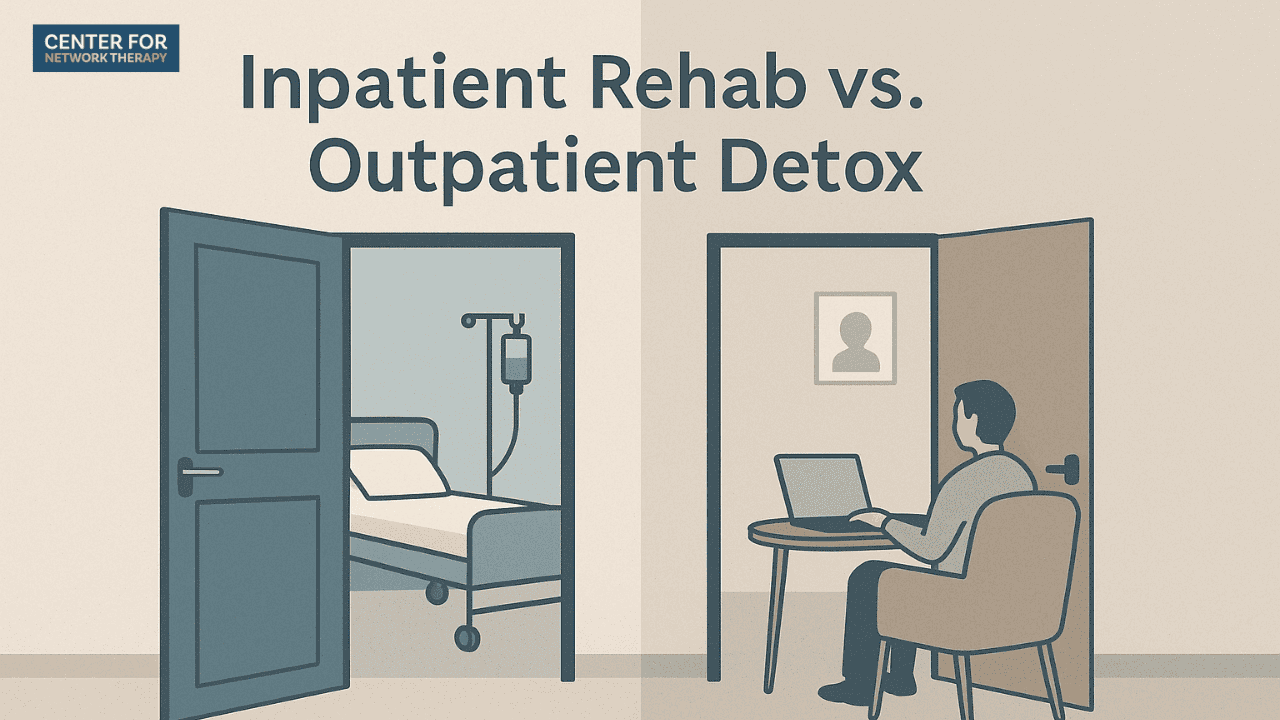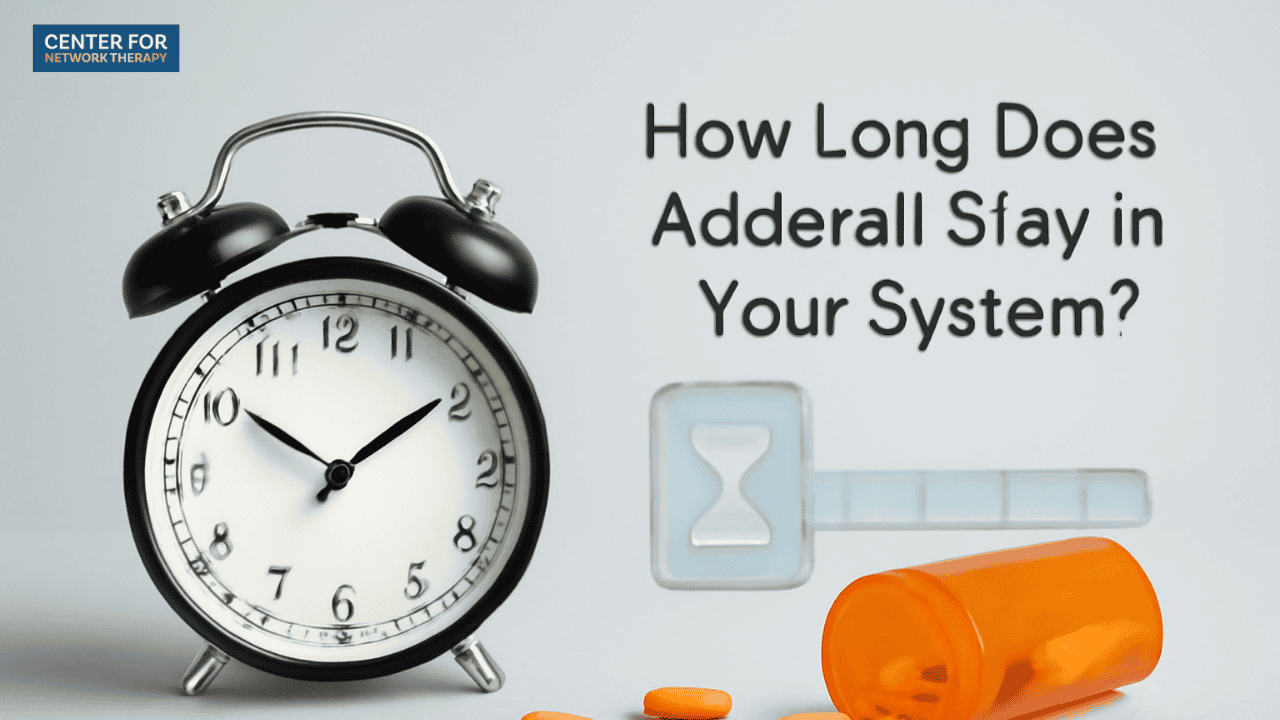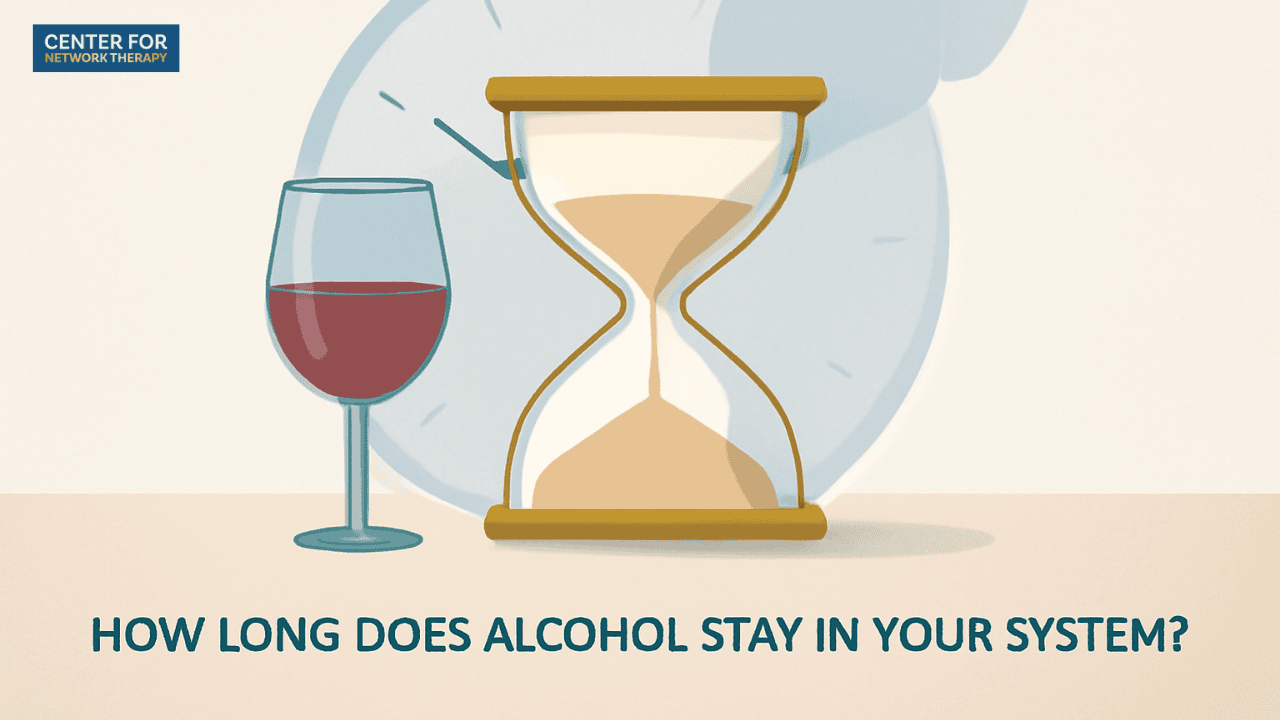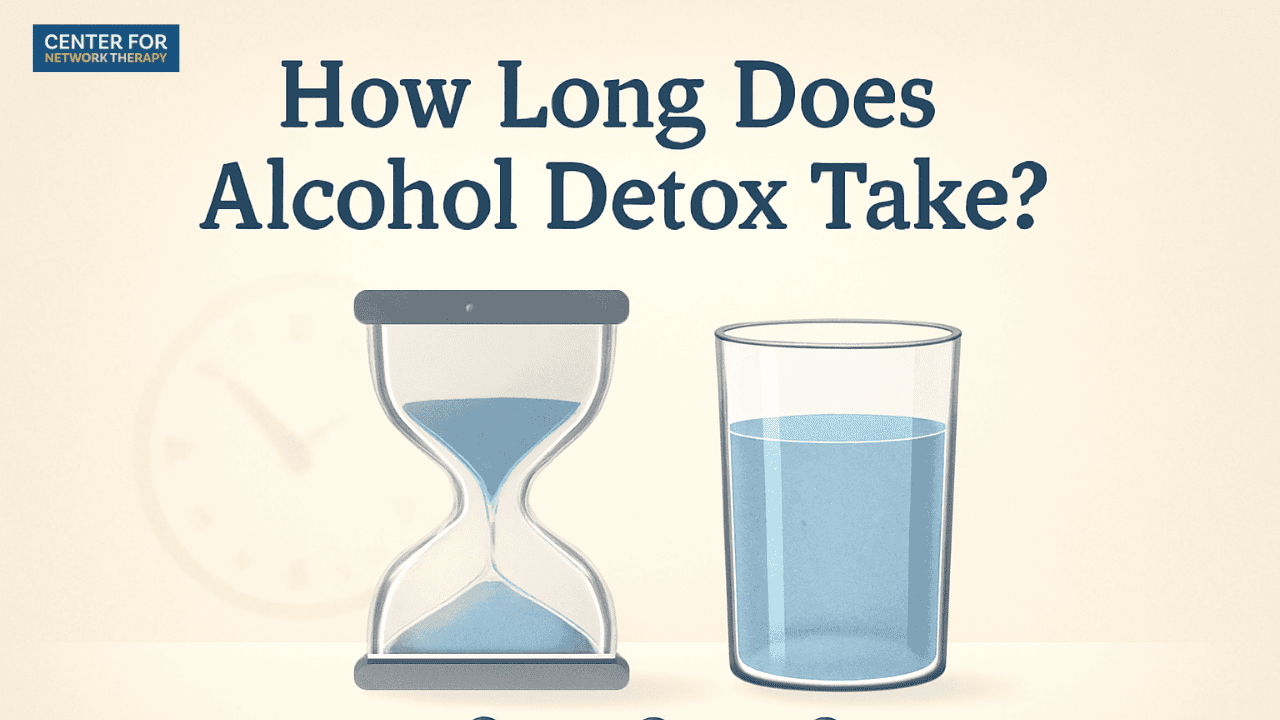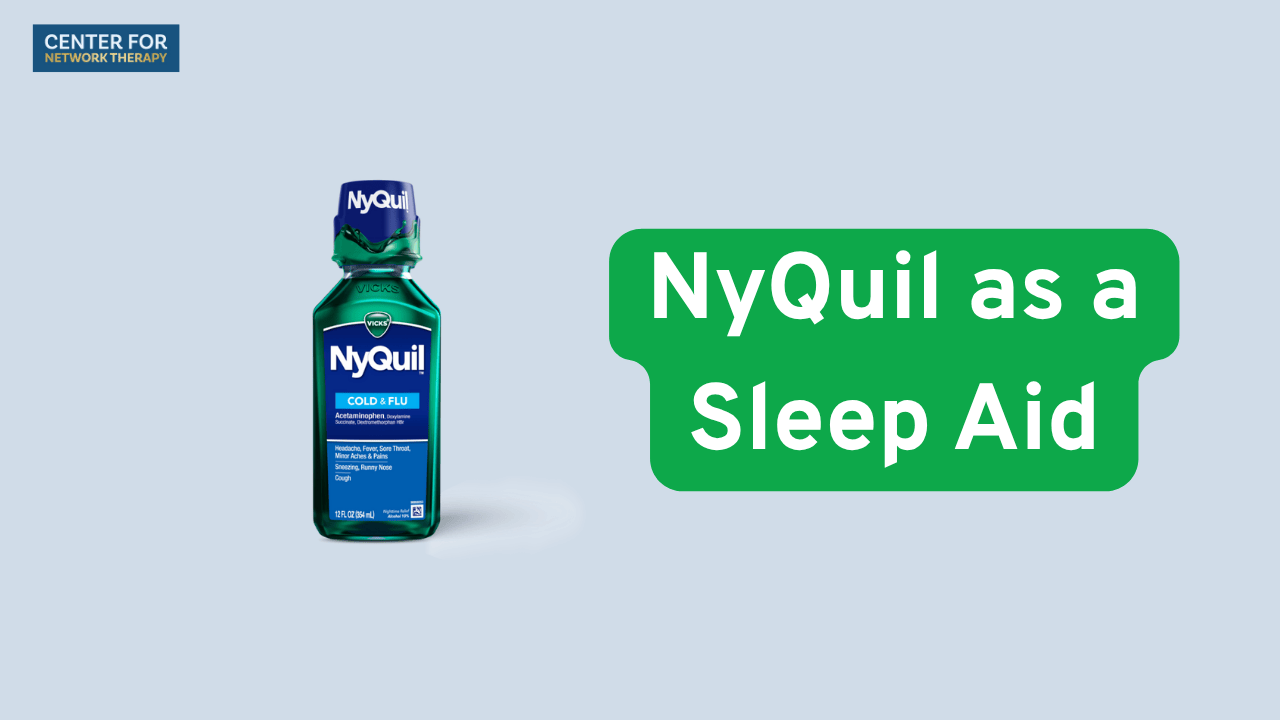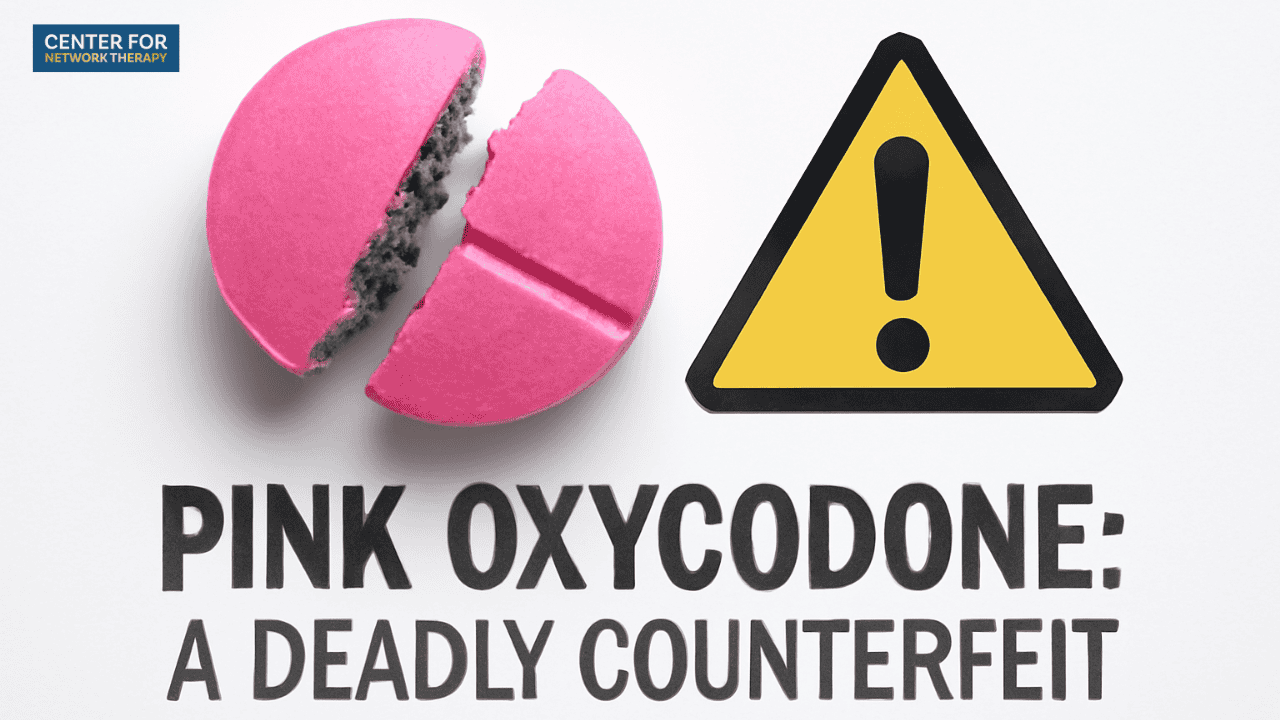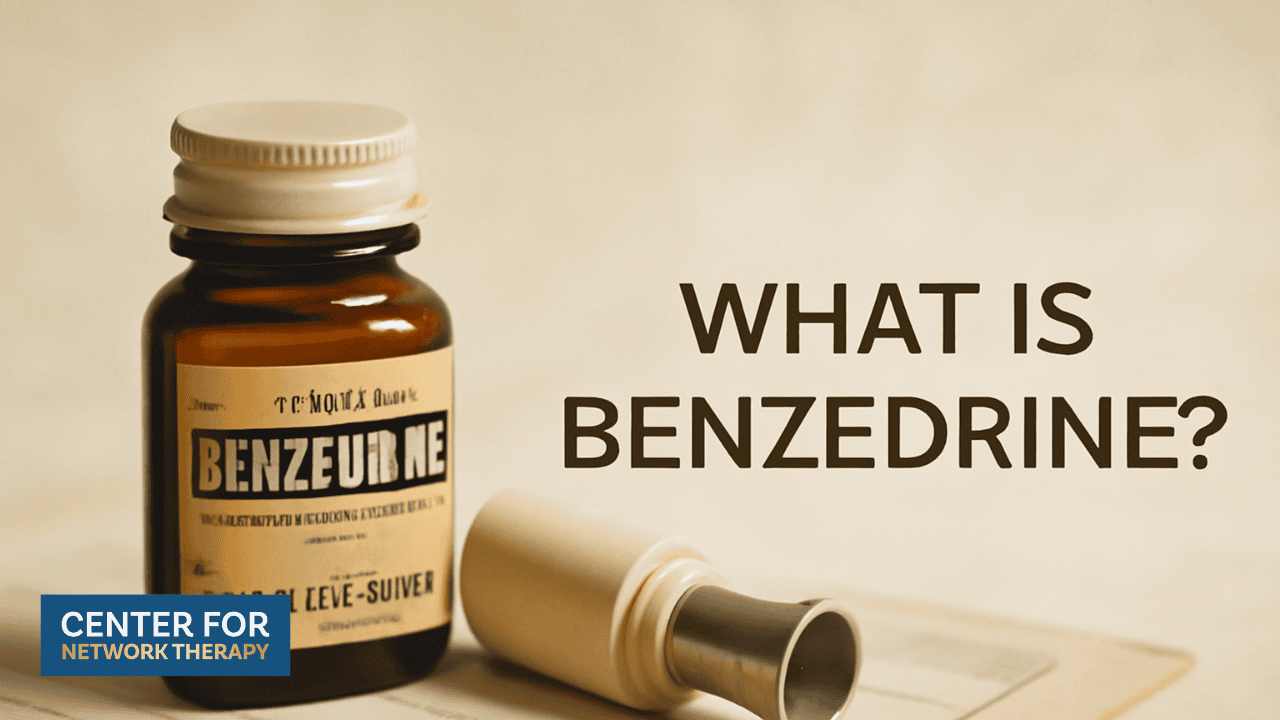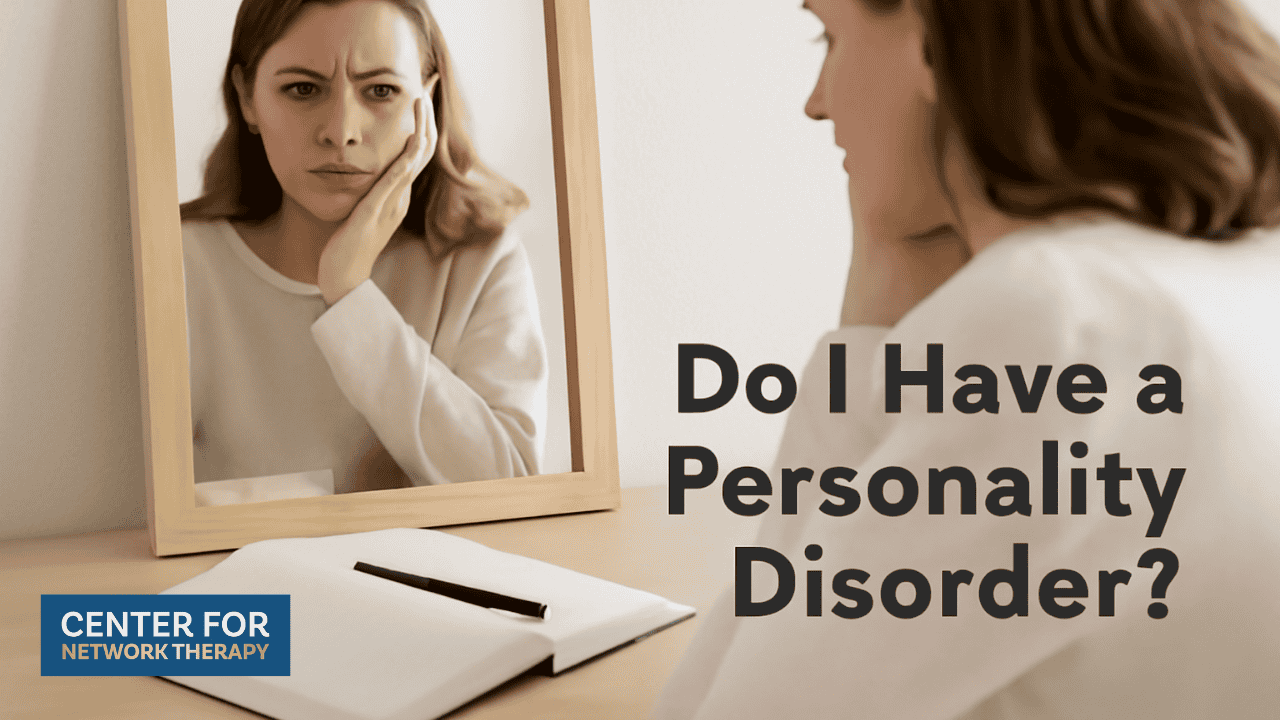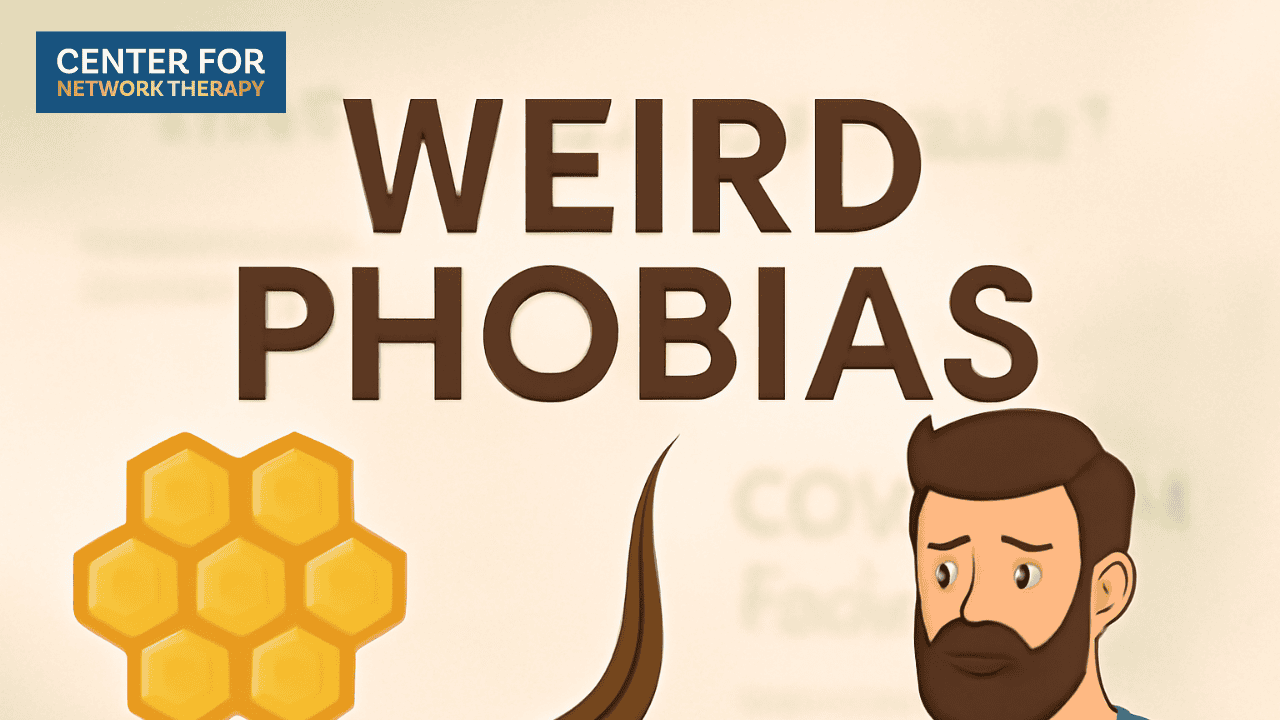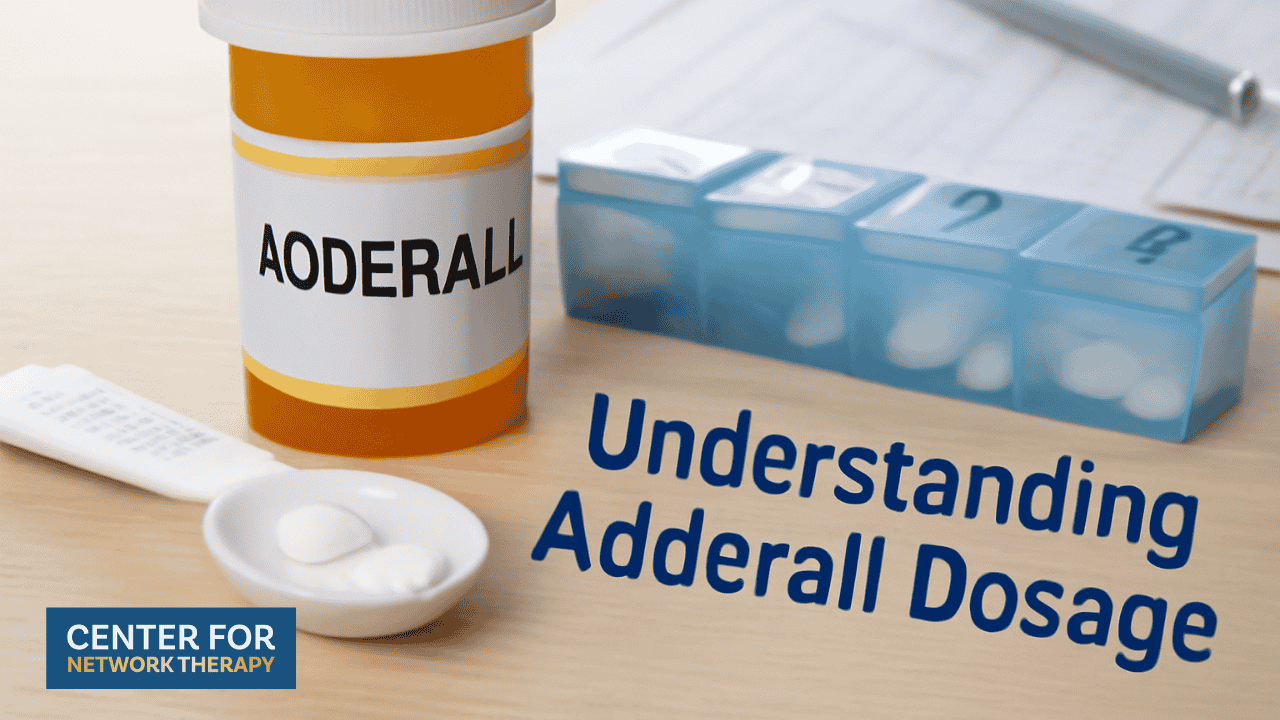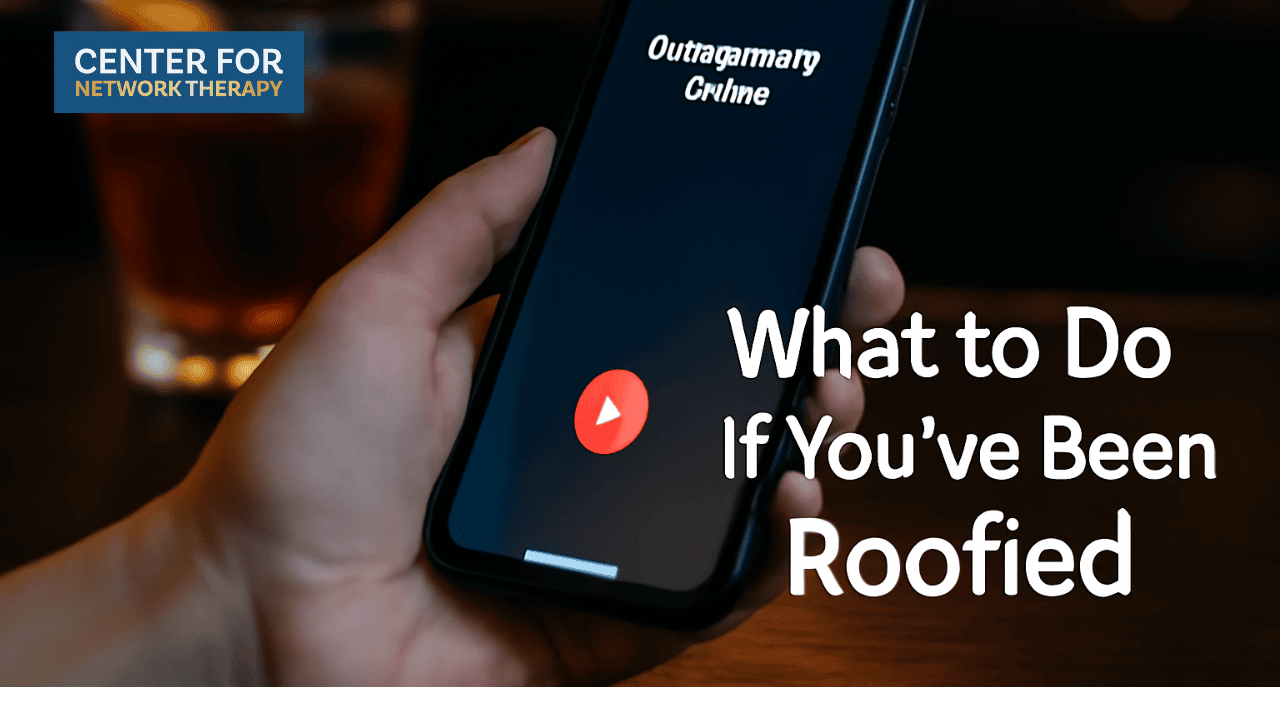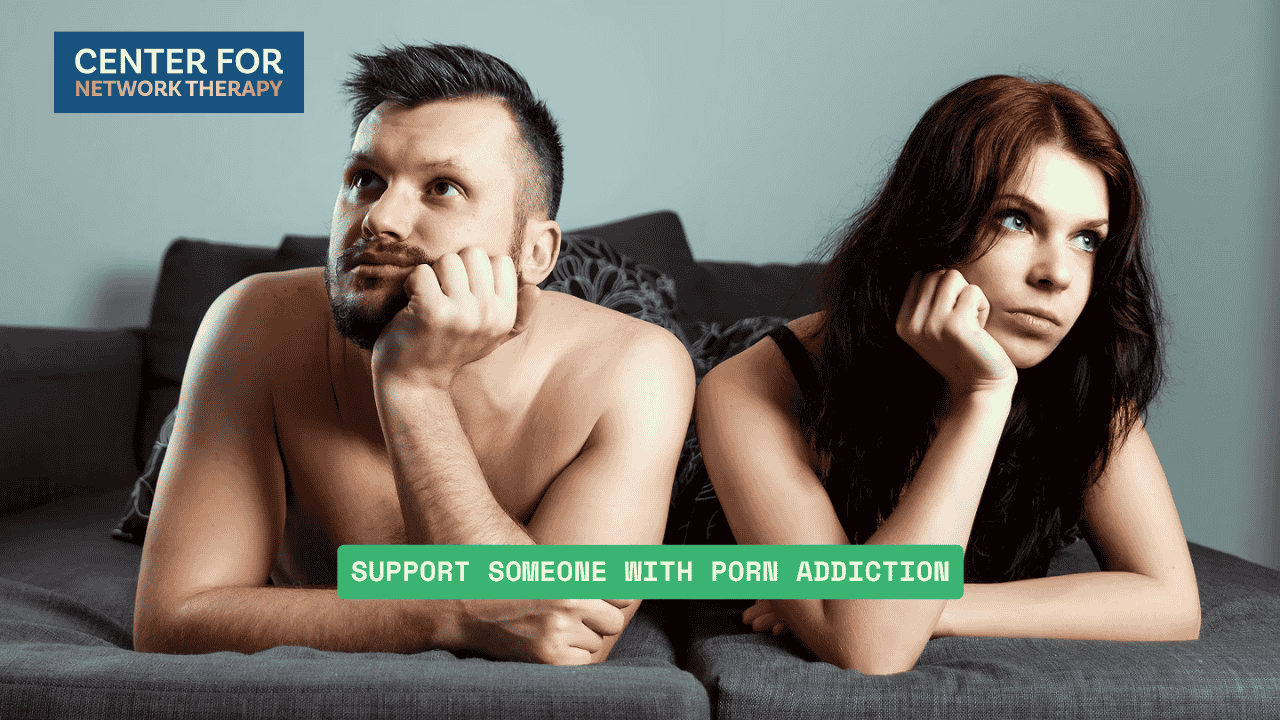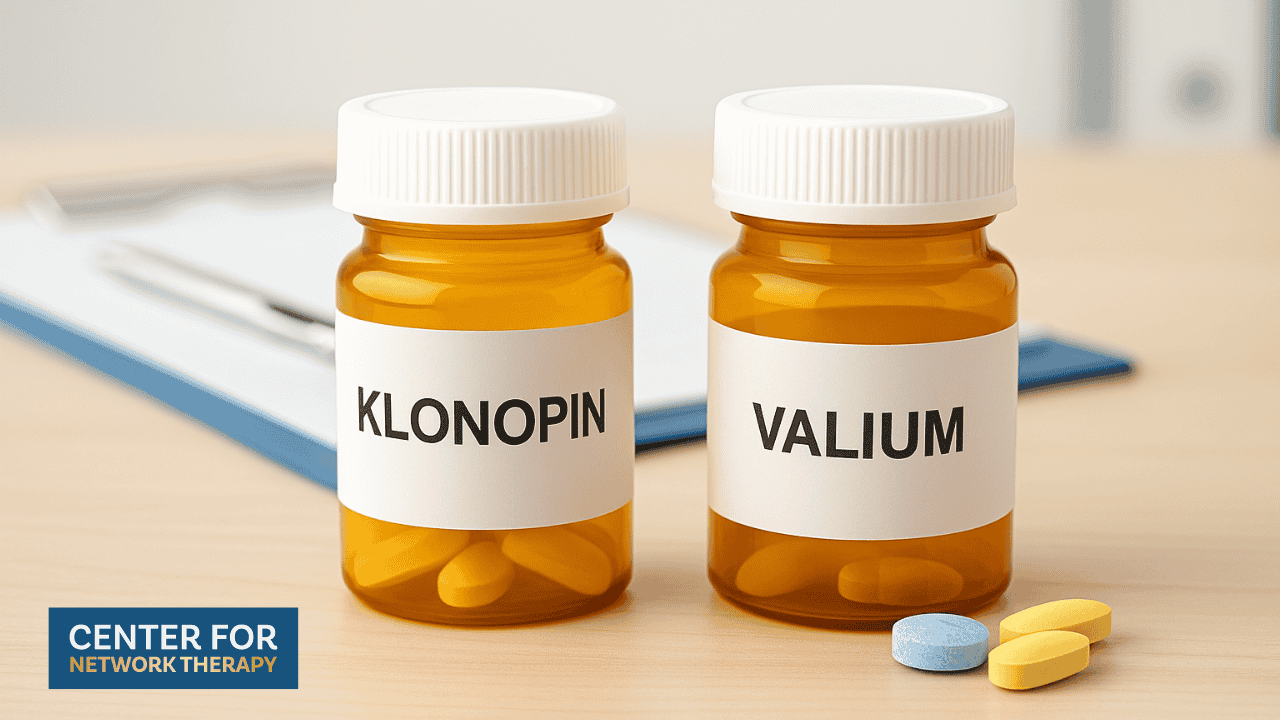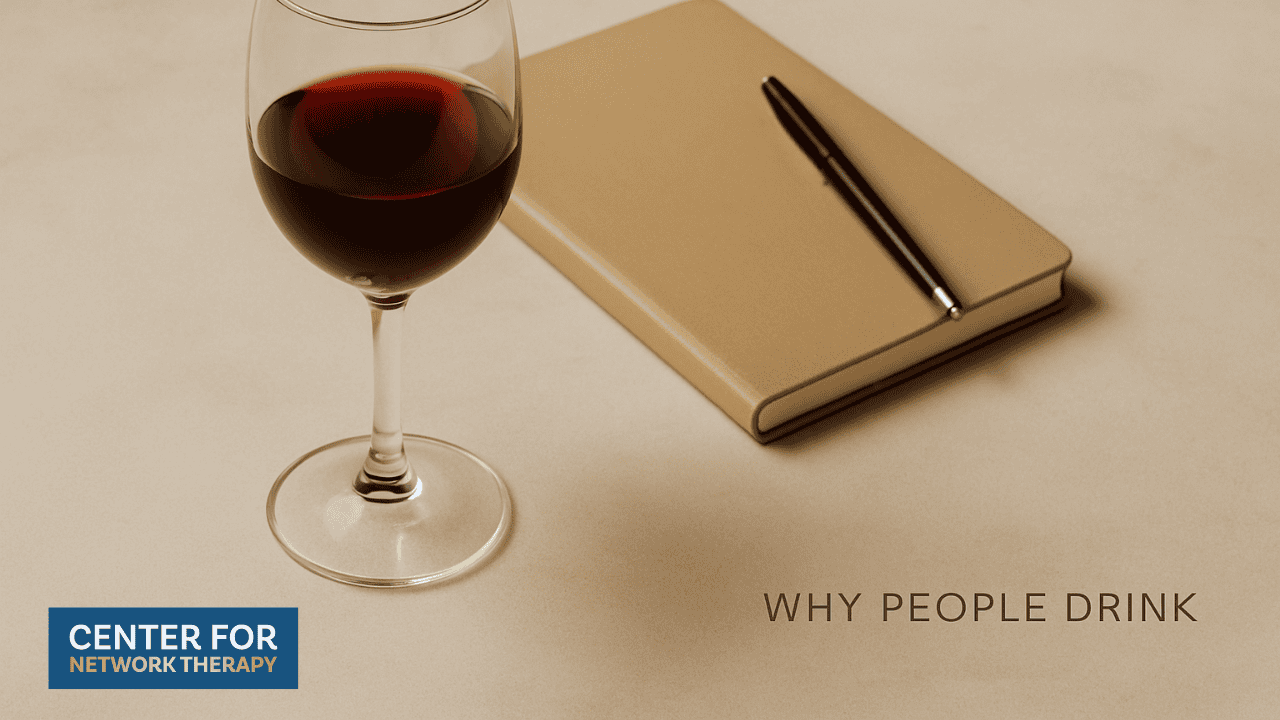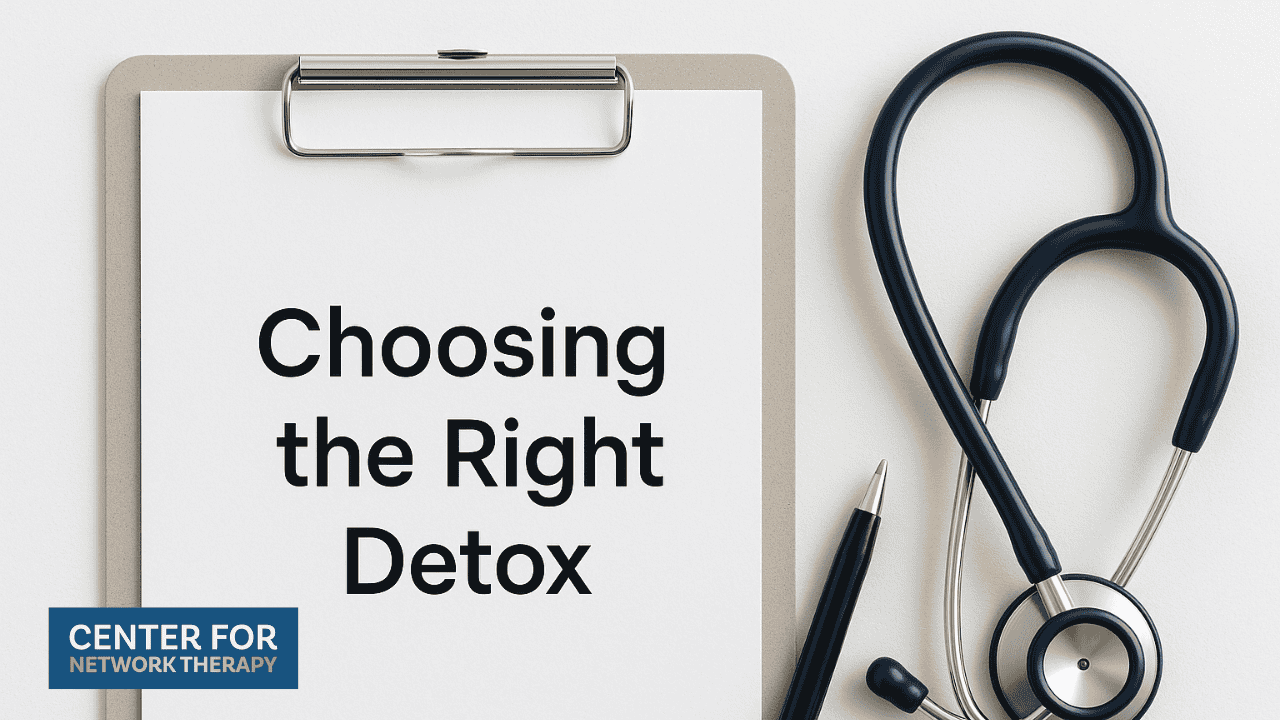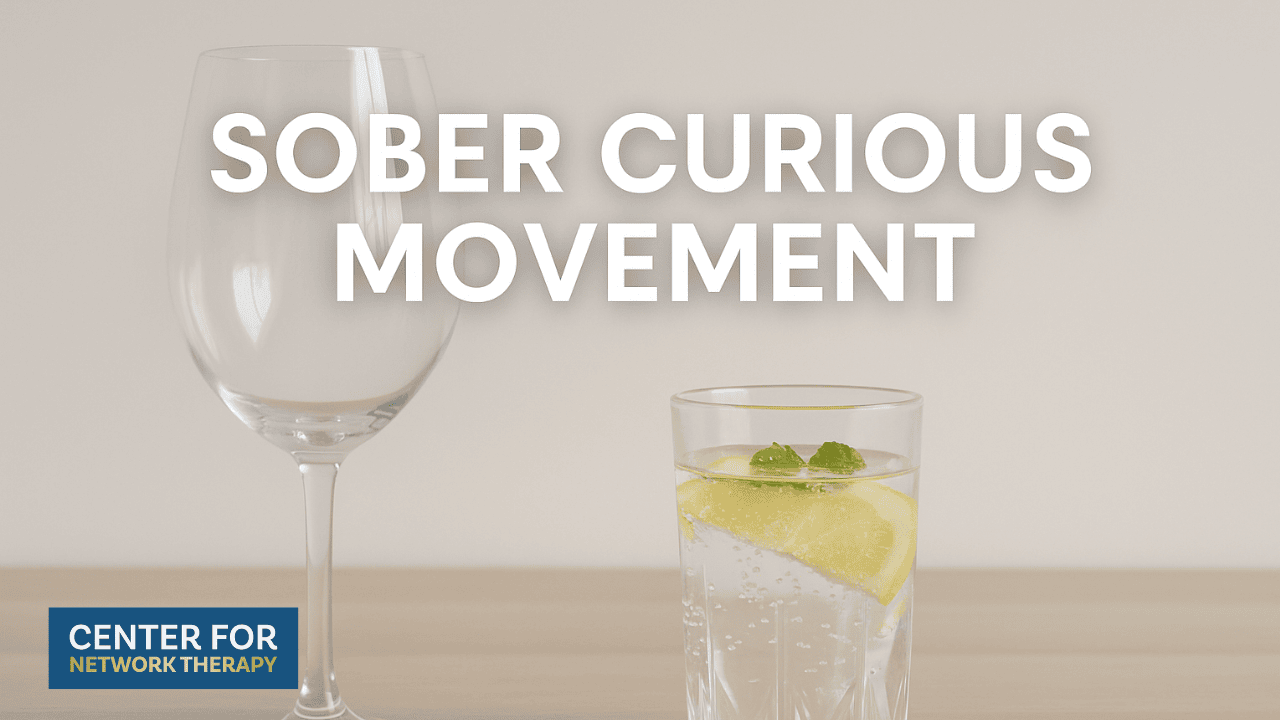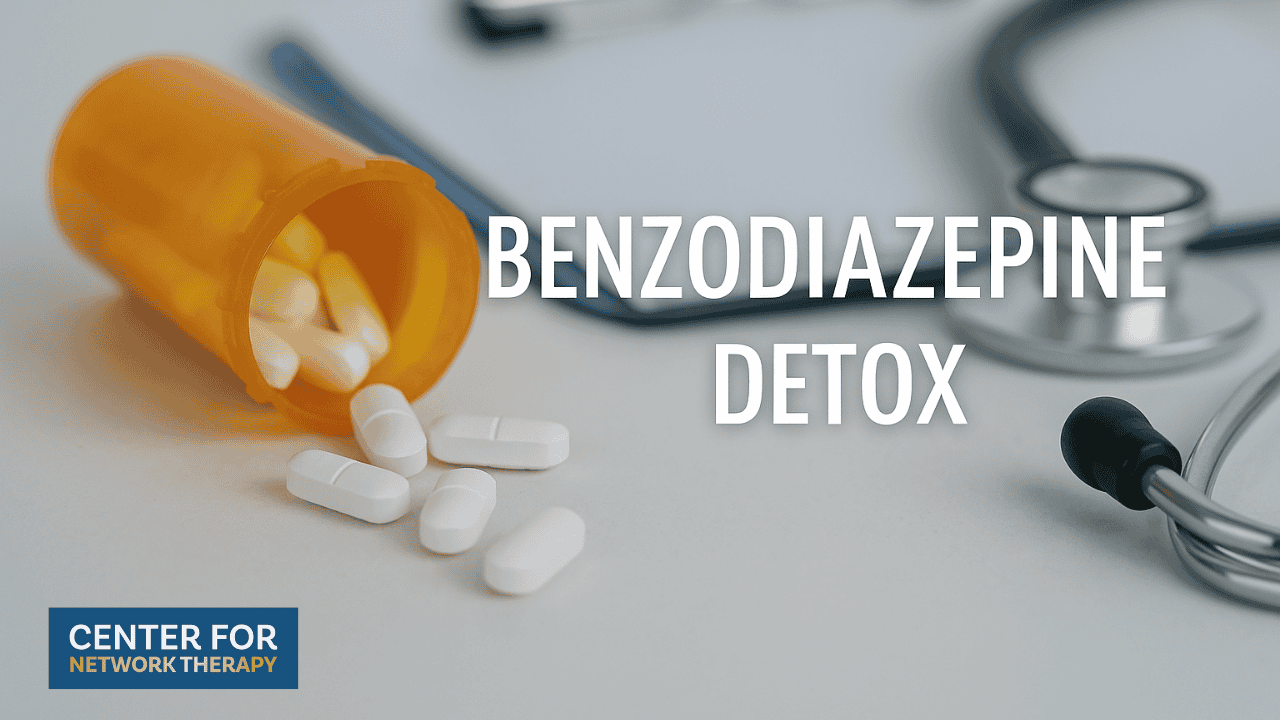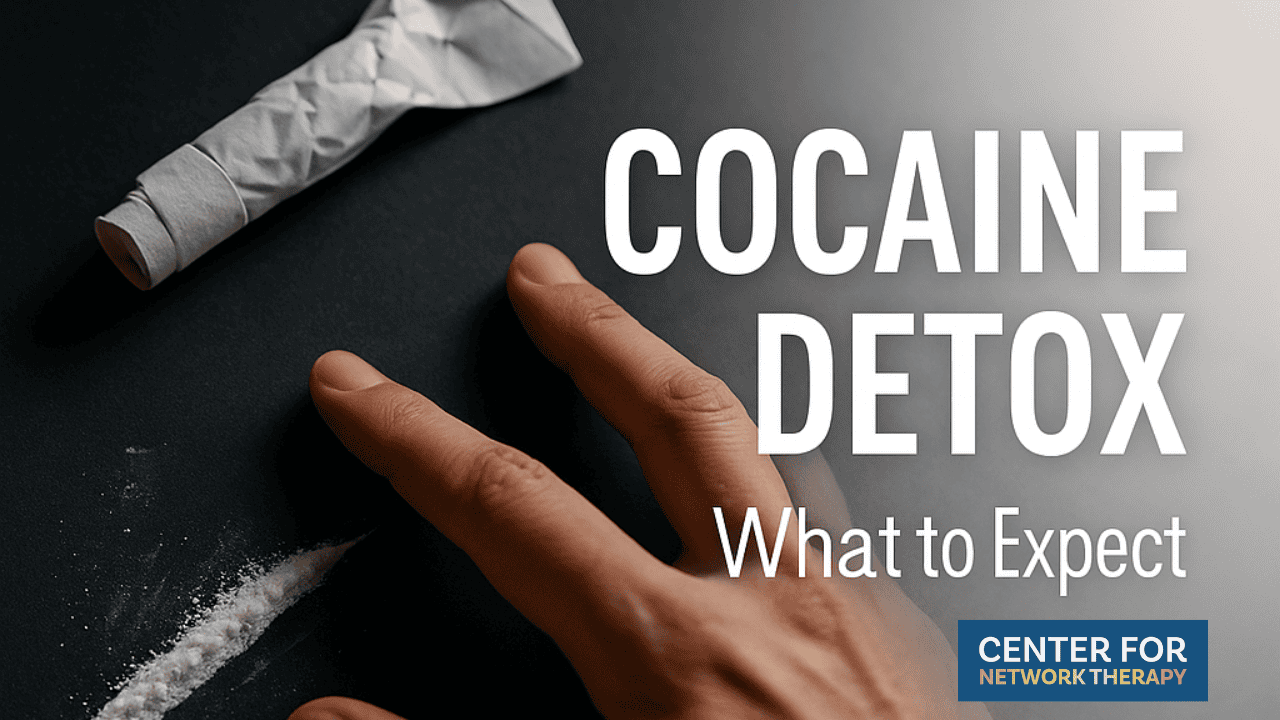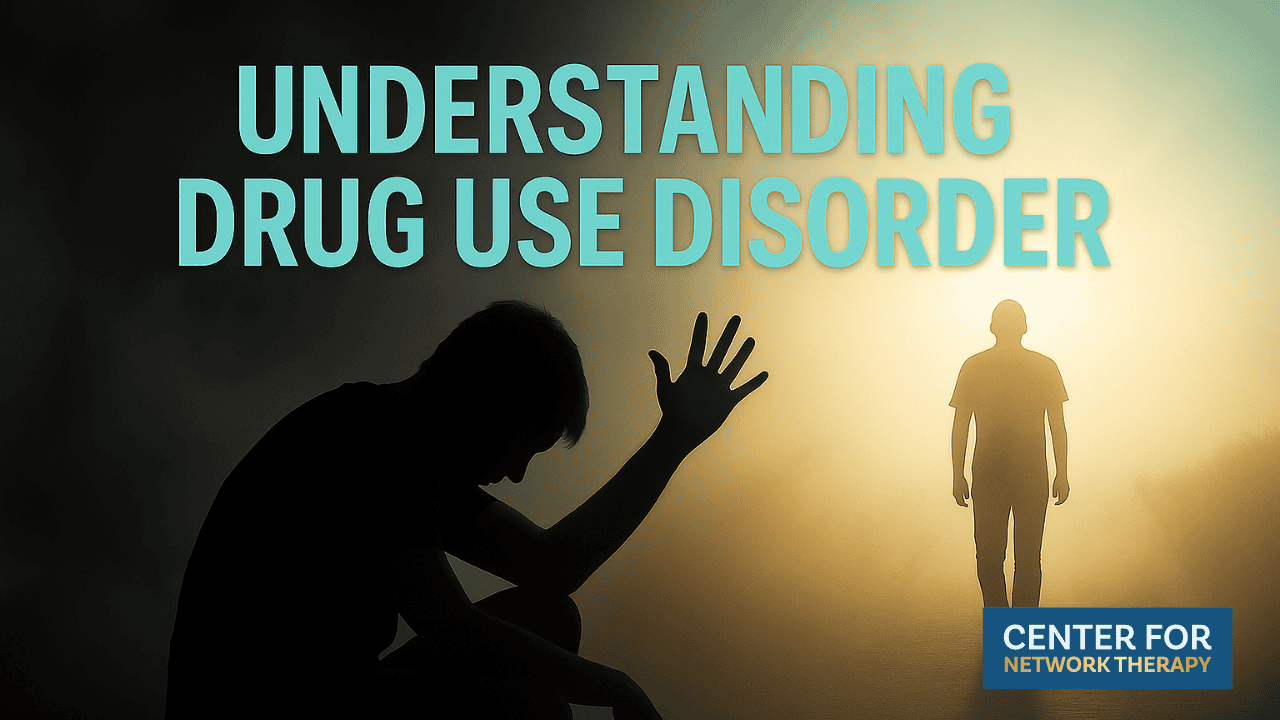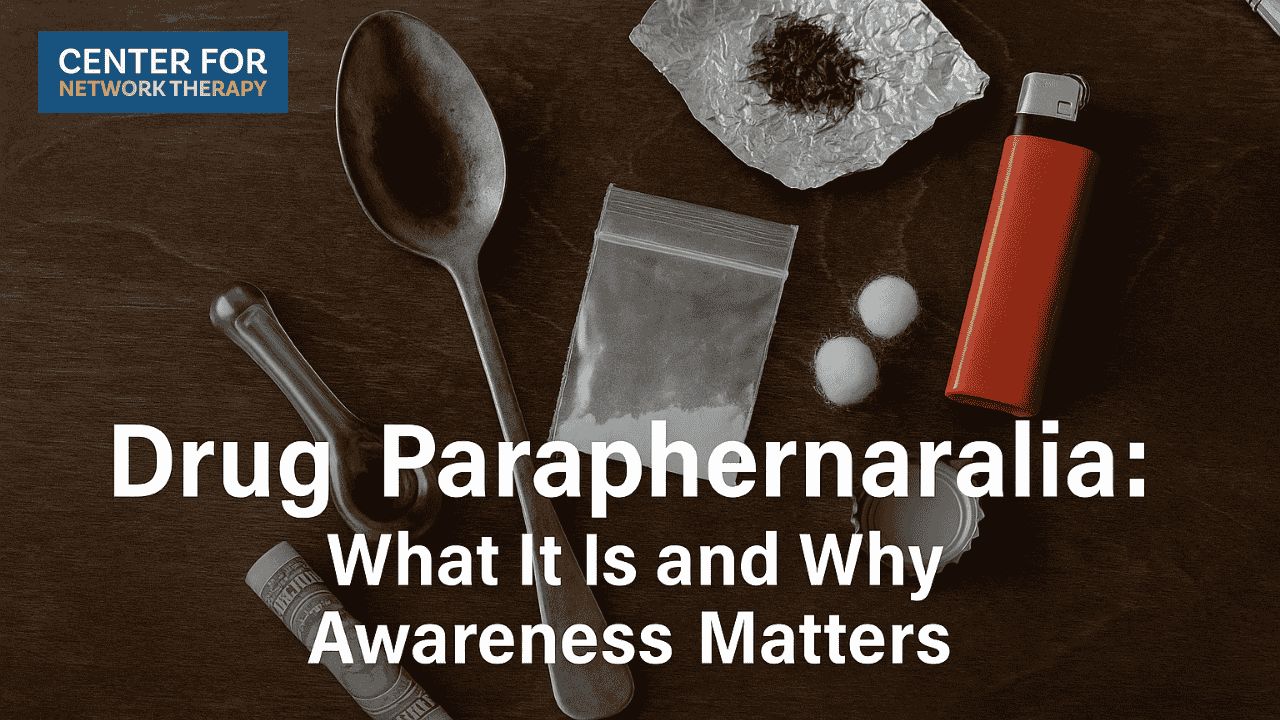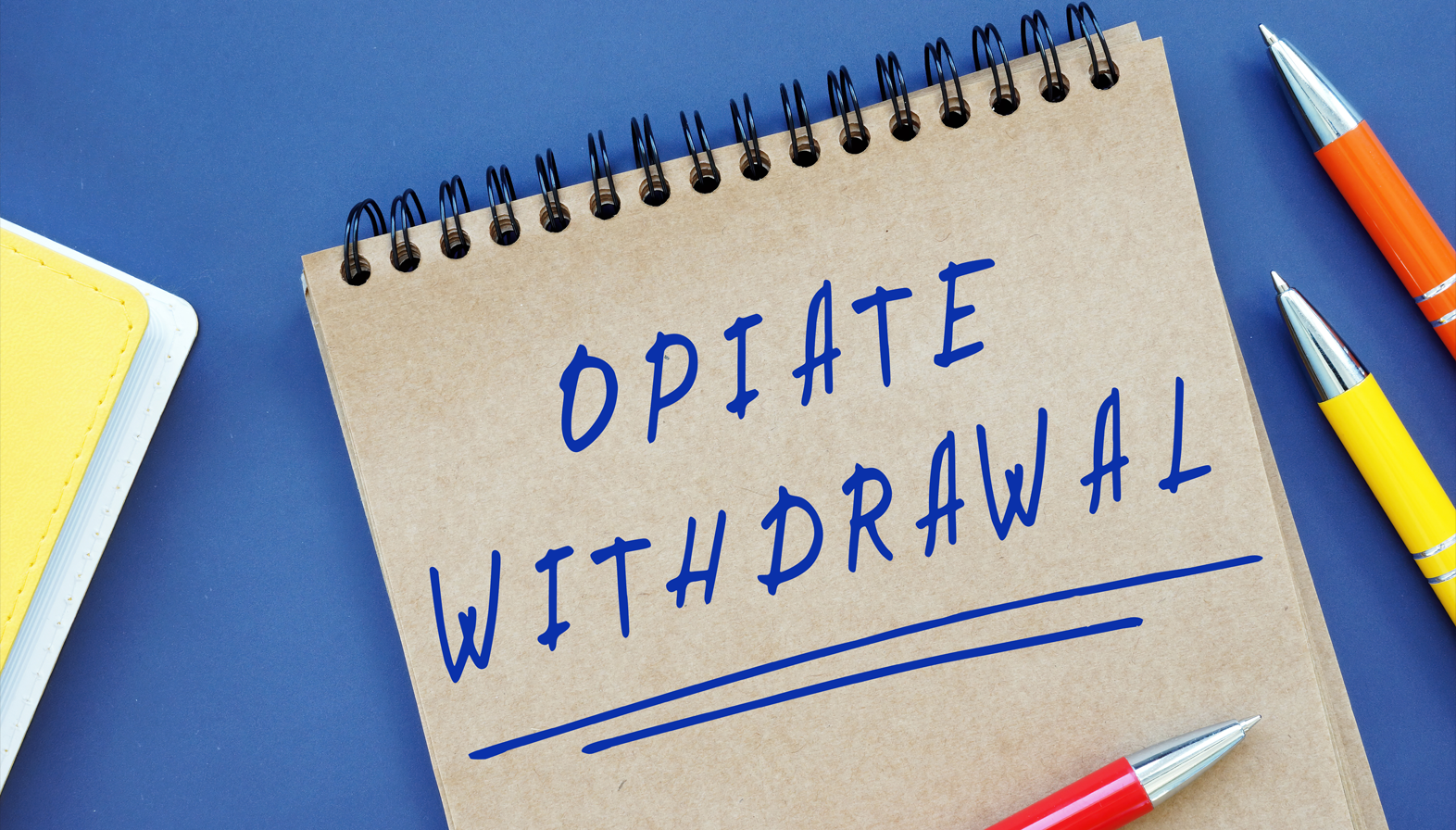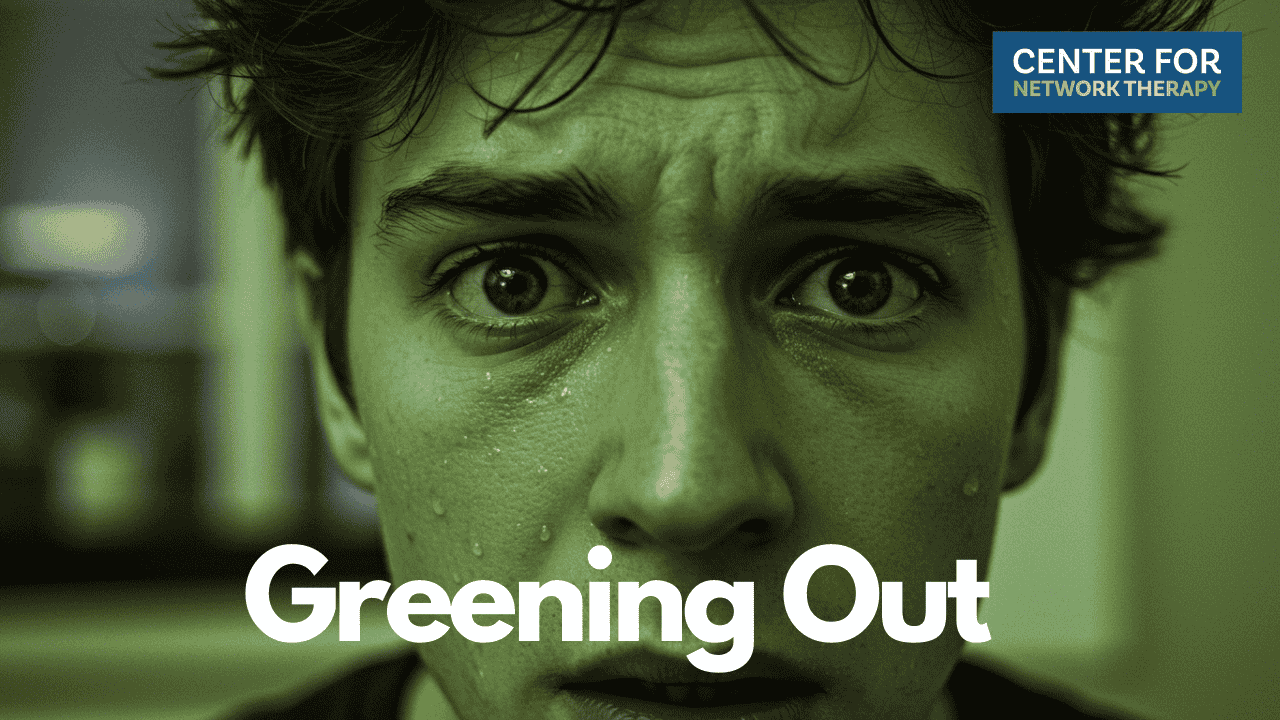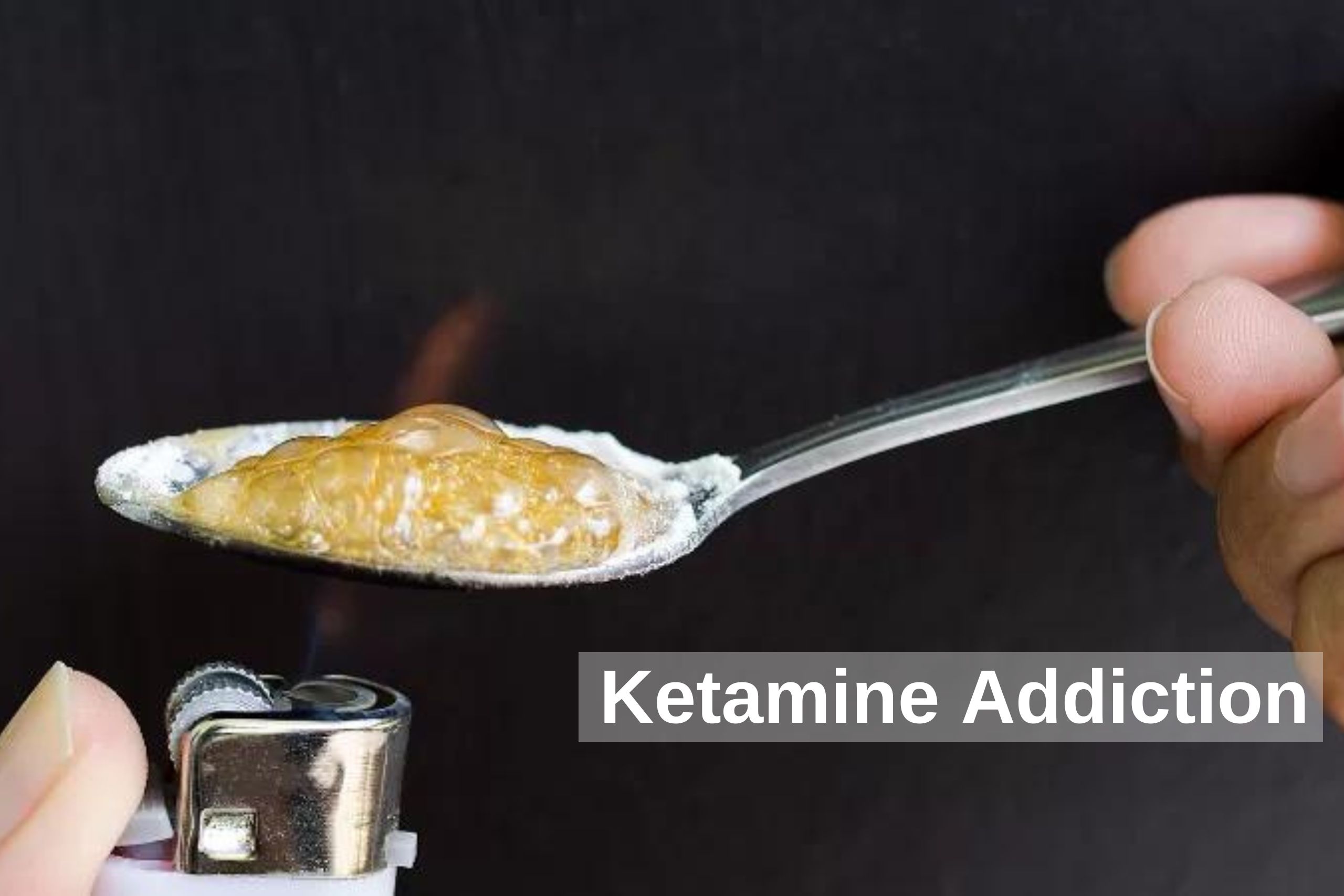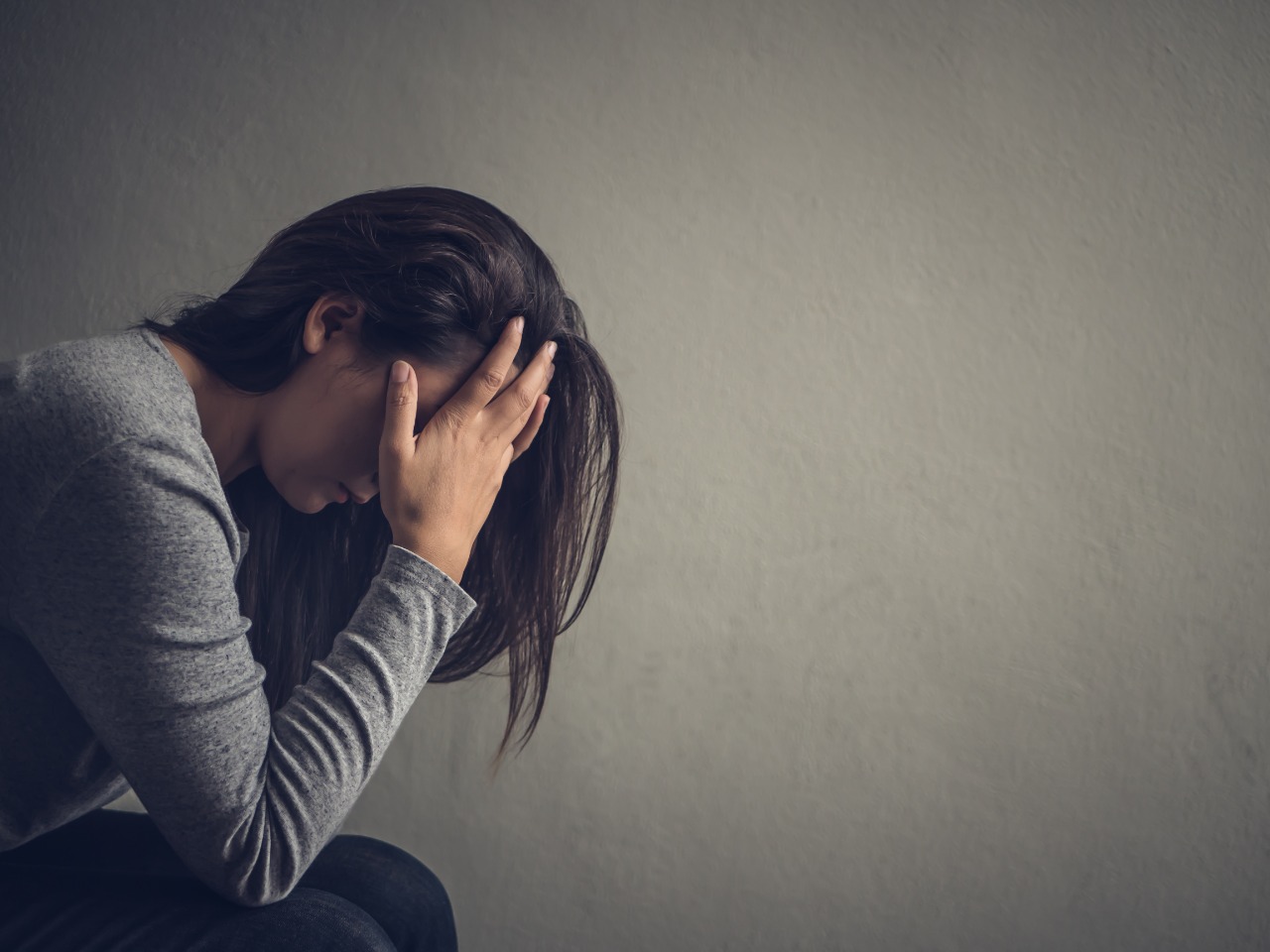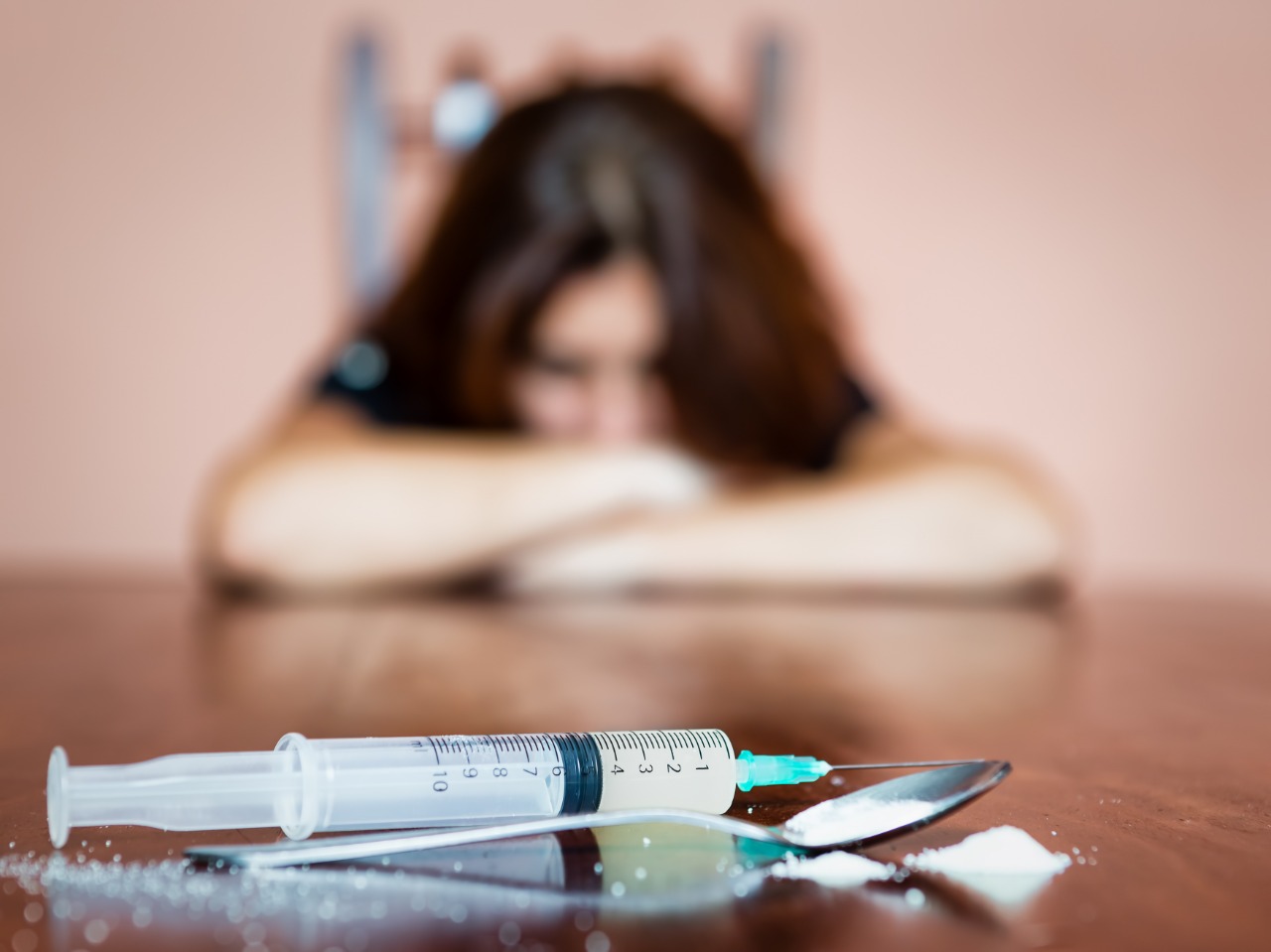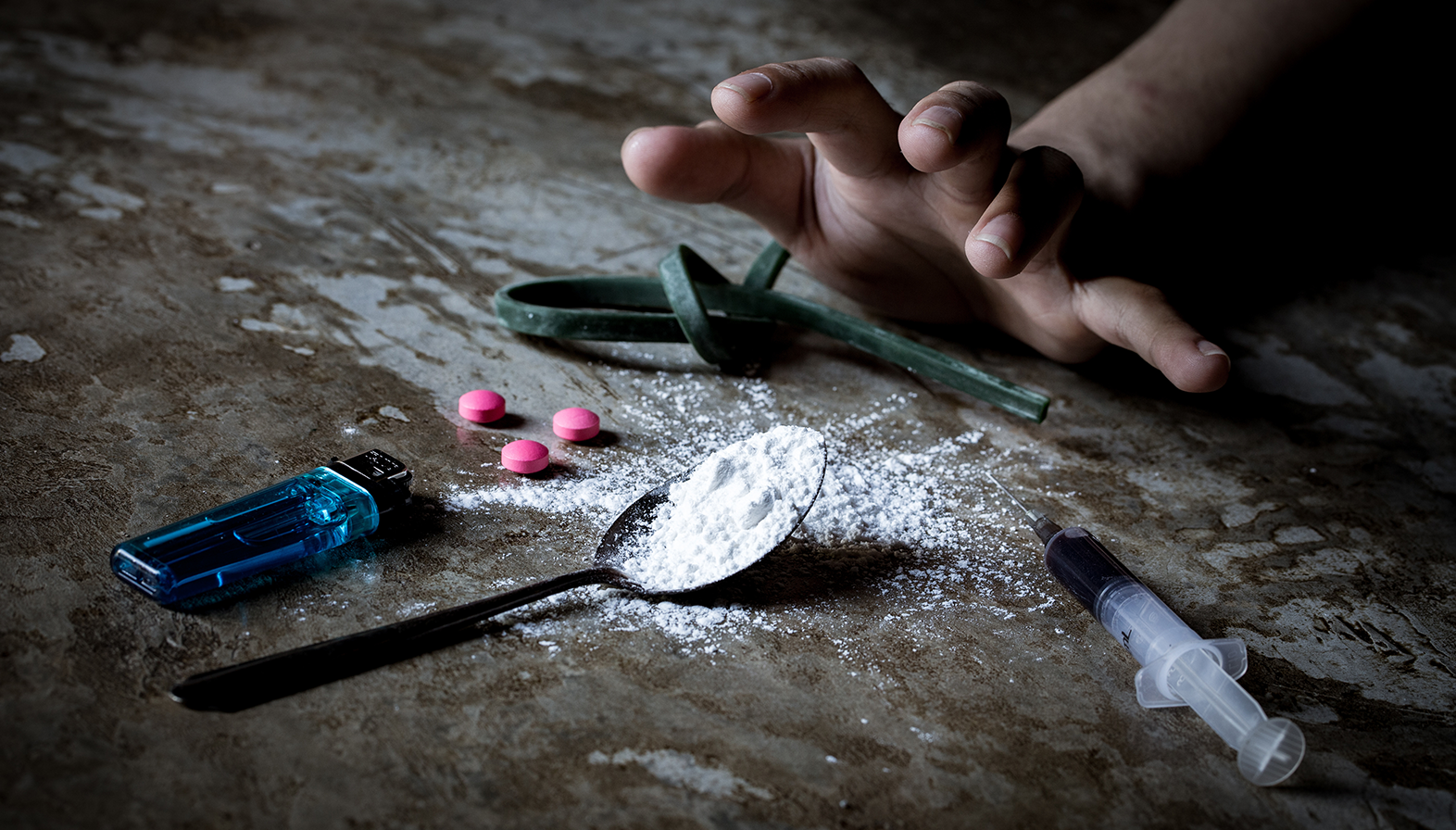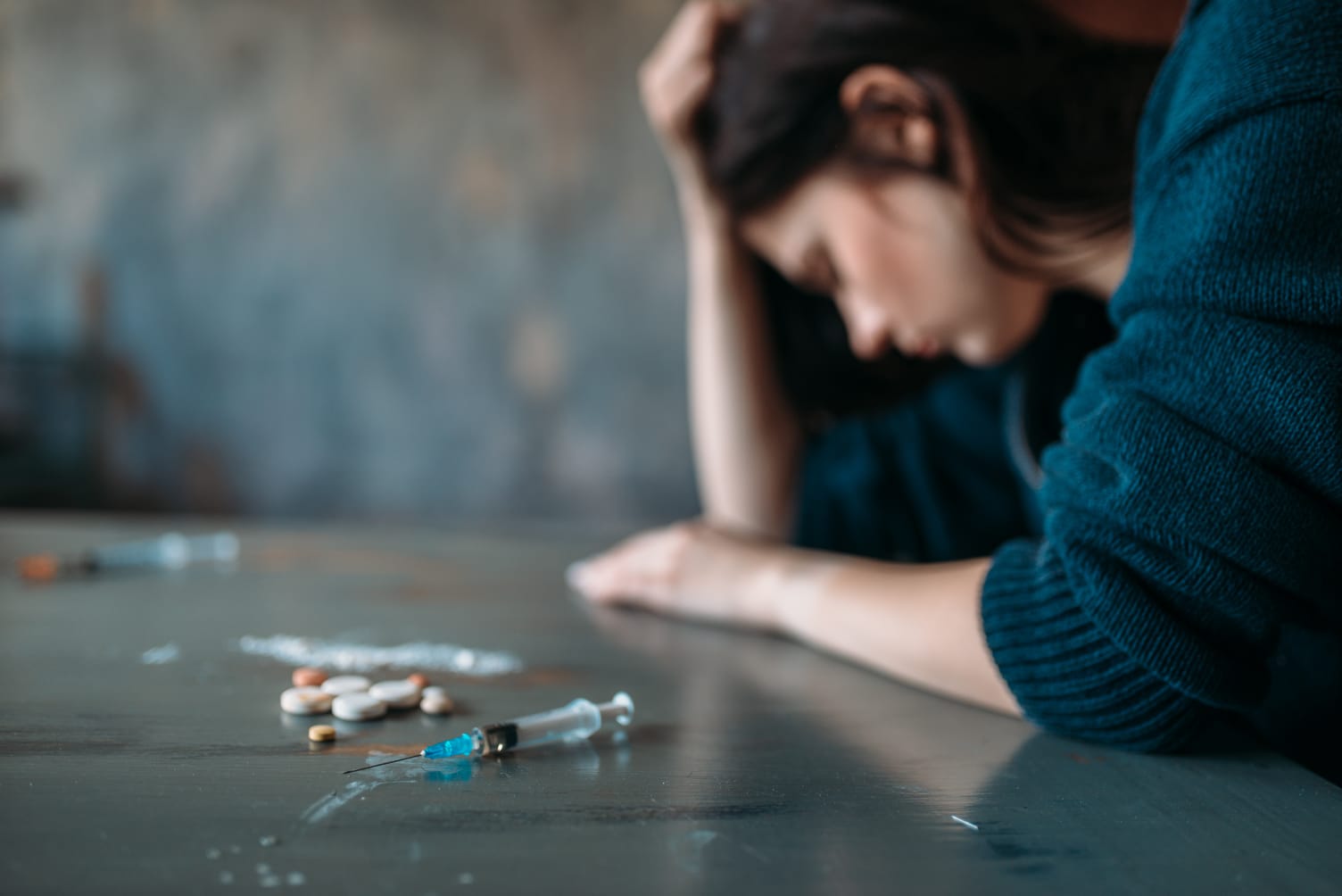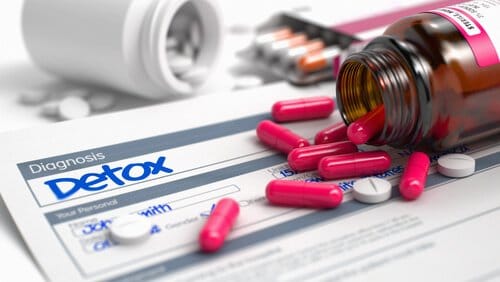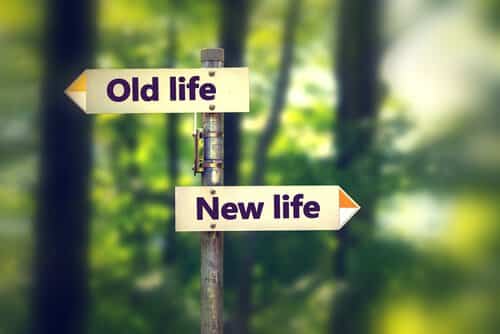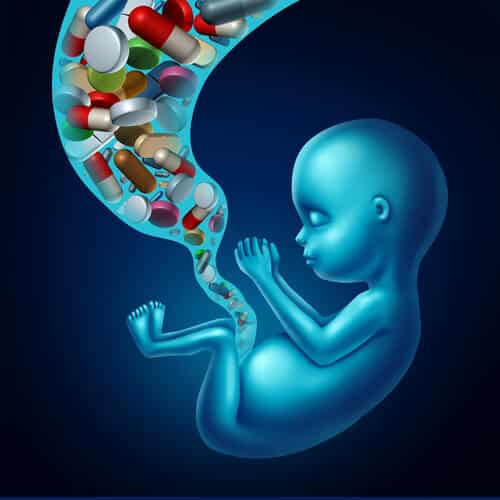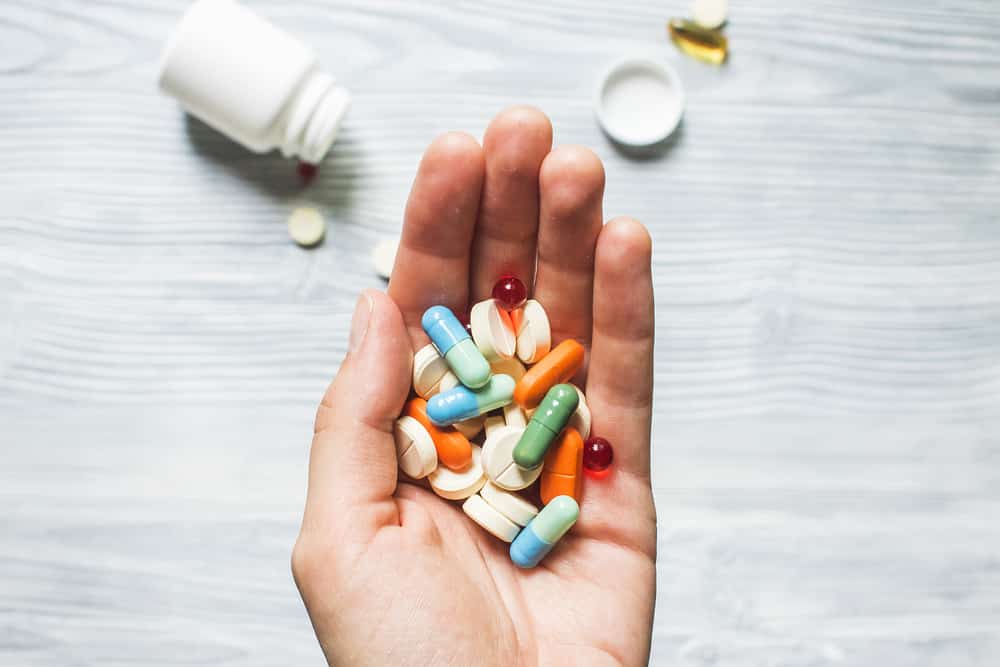Alcohol is everywhere; woven into celebrations, winding down after a long day, or navigating difficult emotions. For many, it’s a social tool or a habit. For others, it’s a coping mechanism. But behind every drink is a reason, and understanding those reasons can offer clarity, especially for those beginning to question their relationship with alcohol.
Table of Contents
ToggleUnderstanding the Reasons Behind Alcohol Use
This isn’t about judgment. It’s about curiosity and compassion; for ourselves and the choices we make.
- To Relax or Unwind
After a long or stressful day, many turn to alcohol to loosen up or decompress. Alcohol slows down activity in the brain, which can create a temporary feeling of calm. Over time, though, the body adapts, and that same drink may be less effective; leading to more frequent or heavier use.
- To Cope With Emotions
Feelings like sadness, anger, loneliness, or anxiety can be overwhelming. Some people reach for alcohol as a quick escape or wa ay to numb emotional discomfort. While it may feel helpful in the short term, it often delays processing what’s underneath.
- For Social Connection
In many cultures, drinking is seen as a way to connect; whether it’s at weddings, holidays, or casual meetups. For those who feel shy or socially anxious, alcohol may seem like a shortcut to confidence. But over time, social drinking can evolve into a routine that feels hard to step away from.
- Out of Habit or Routine
Not every drink is emotional or social. Sometimes, it’s just automatic. The beer with dinner. The glass of wine after work. Habits form quietly, and it can take time to recognize when a ritual becomes a reliance.
- Peer Pressure or Social Norms
Especially in younger years or high-pressure settings, the desire to fit in can drive alcohol use. Saying no might feel awkward or isolating, so people say yes; even when they don’t want to. It’s a deeply human response to want to belong.
- To Celebrate or Enhance an Experience
Alcohol is often used to mark milestones or amplify joy. For some, drinking is part of how they experience excitement, freedom, or fun. There’s no denying that celebration and alcohol often go hand-in-hand, but they don’t have to.
- Because Stopping Feels Hard
Sometimes, the reason someone drinks is simple; it feels hard not to. Especially if it’s been a part of daily life for years, the idea of stopping can feel overwhelming. This doesn’t mean someone has failed. It means support might be helpful.
What If You’re Starting to Rethink Drinking?
You don’t need a diagnosis to take a closer look at your habits. If you’ve ever thought:
- “Maybe I’m drinking more than I’d like”
- “I wonder how I’d feel without it”
- “It’s getting harder to stop once I start”
then that reflection is valid.
Exploring your relationship with alcohol is a personal process. Whether you decide to cut back, take a break, or seek support, it’s your path to define.
Read more in our blog on the sober curious movement; a growing space for people who want to explore life without alcohol, even for a little while.
How CNT Supports People Re-Evaluating Alcohol?
At the Center for Network Therapy (CNT), we work with individuals at all stages of change; whether they’re detoxing for the first time or simply exploring what life could feel like without alcohol.
Our outpatient alcohol detox program is built around:
- Medical supervision and safety
- Flexibility for work, family, and daily life
- Care that meets you where you are
We believe there’s no one-size-fits-all approach to healing. Just a commitment to understanding, without shame.
Let’s Start With a Conversation
If you’re beginning to question your relationship with alcohol, you’re not alone. Whether you’re just thinking about it or ready to take action, we’re here to help you figure out what’s next.
Visit our Contact Page or browse our Blog Center for more gentle guidance.
Sources:
- National Institute on Alcohol Abuse and Alcoholism: Rethinking Drinking
- Psychology Today: Why People Drink Alcohol
- Harvard Health Publishing: The impact of alcohol on your mental health
Disclaimer: This blog is meant to offer guidance and education, not medical advice. If you’re feeling uncertain about your relationship with substances, you don’t have to figure it out alone. A healthcare provider can help; or if you’re not ready to talk, our anonymous self-check quiz is a gentle place to begin.




